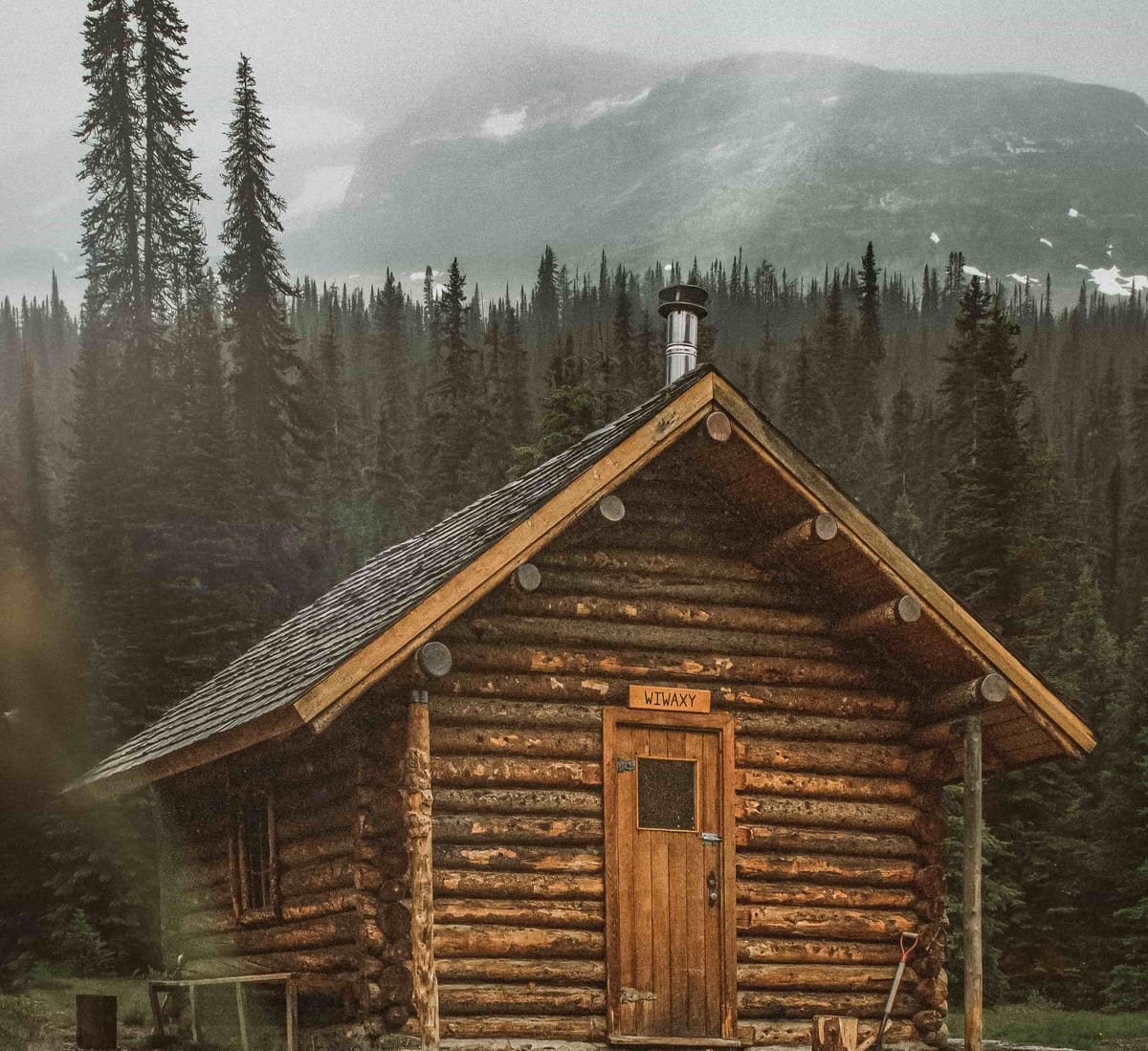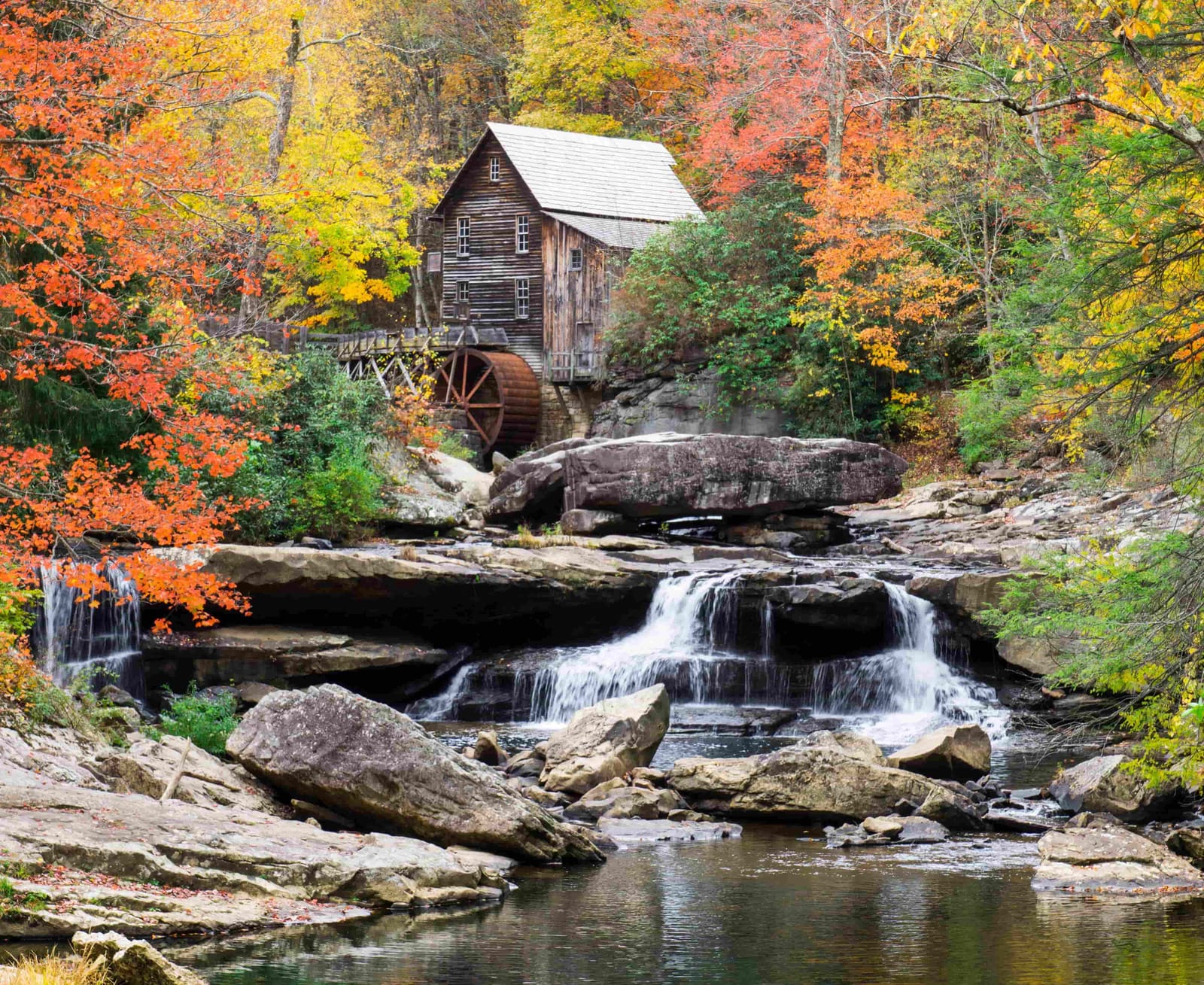 Prepper house in rural West Virginia
Introduction
One of the most critical things a prepper is faced with is where to homestead and live. Homesteading, the practice of self-sufficiency and living off the land, has experienced a resurgence in popularity in recent years. A wise prepper would seriously consider self-reliance, community building, and strategic preparedness. We have identified the best states for homesteading, ideal for preppers and survivalists. Consideration is taken on the needs of farmland, the affordability, and the surrounding community. You get a comprehensive overview that goes beyond simple agricultural practices.
***
Table of Contents
***
Table of Contents
Introduction
.....Homesteading: A Lifestyle Choice
.....States Legal Considerations On Homesteading
.....Best Places to Homestead For Survival
.....The Mountains In The USA
..........Rocky Mountains
..........Cascade Range
..........Sierra Nevada
..........Coastal Ranges
..........Alaska Range
..........Appalachian Mountains
.....Some Extra Thoughts
.....Look For The Best Farmland Areas
.....Find The Cheapest Land in the US
.....Living In A Survivalist and Prepper Community Is Smart
.....Safest Places In US From Nuclear Attack, USA Fallout
The Prepper's 16 Best States For Homesteading In USA
.....Montana
.....Idaho
.....Texas
.....Tennessee
.....Missouri
.....North Carolina
.....South Carolina
.....Georgia
.....Utah
.....Arkansas
.....Oklahoma
.....Kentucky
.....Nebraska
.....West Virginia
.....New Mexico
.....Alabama
Conclusion
What Else? Is Your Preparation Missing Anything?
..........Get Binoculars, Tactical Rifle Scopes, Rangefinders, Red Dot Sights
..........Get The Conceal Gun Holster That Allows You To Fast Draw
..........Get Bullet Proof Military-Grade Sunglasses
..........Get Long Term Food Storage For Emergency
..........Get More Field-Tested Gear You Need To Survive It All
..........Get A 21-in-1 Survival Tactical Watch
***
Table of Contents
***
Homesteading: A Lifestyle Choice
Why is homesteading popular? Due to all the trouble in the world, many people have the desire to be safe, to be self-reliant, and to be independent despite whatever the world throws at them. Prepper homesteading checks all the boxes. As urban areas become more crowded, food needs and safety can possibly be endangered in a crisis. To avoid this, you want a secure location where you can get to quickly:
***
Table of Contents
***
States Legal Considerations On Homesteading
Some of the homesteading states may have some regulations related to homesteading, such as building codes, zoning laws, or land use. Additionally, certain types of lands, such as federal lands or conservation areas, may have restrictions on residential development. Look for areas in each state that don't have strict zoning laws and building codes. You want it easier for you to establish your homestead without legal interference. Also, don’t forget the water rights, land use restrictions, and off-grid living regulations. Aspiring homesteaders must carefully research and choose a state that aligns with their vision for a sustainable and self-sufficient lifestyle. Follow the rules the best you can.
***
Table of Contents
***
Best Places to Homestead For Survival
For those interested in homesteading for survival purposes, knowing where are the best places homestead survival-wise is crucial. One needs to look at the geographic and climatic factors that can impact a homesteader's ability to thrive in the long term. Mountainous regions, for example, can provide a natural barrier against potential threats, making them attractive to survivalist-minded individuals. Remember the saying Run for the hills? The attractiveness of the mountains for those who are prepper-mind cannot be understated because they are easier to defend, are more isolated, requires extra effort for invaders to reach, and are naturally less urbanized. Survival communities know this and gravitate toward what they think is the most livable mountain areas in USA. Other types of terrain such as the plains, valleys, and forest also have their advantages also. It depends on your needs and what you are looking for.
***
Table of Contents
***
The Mountains In The USA
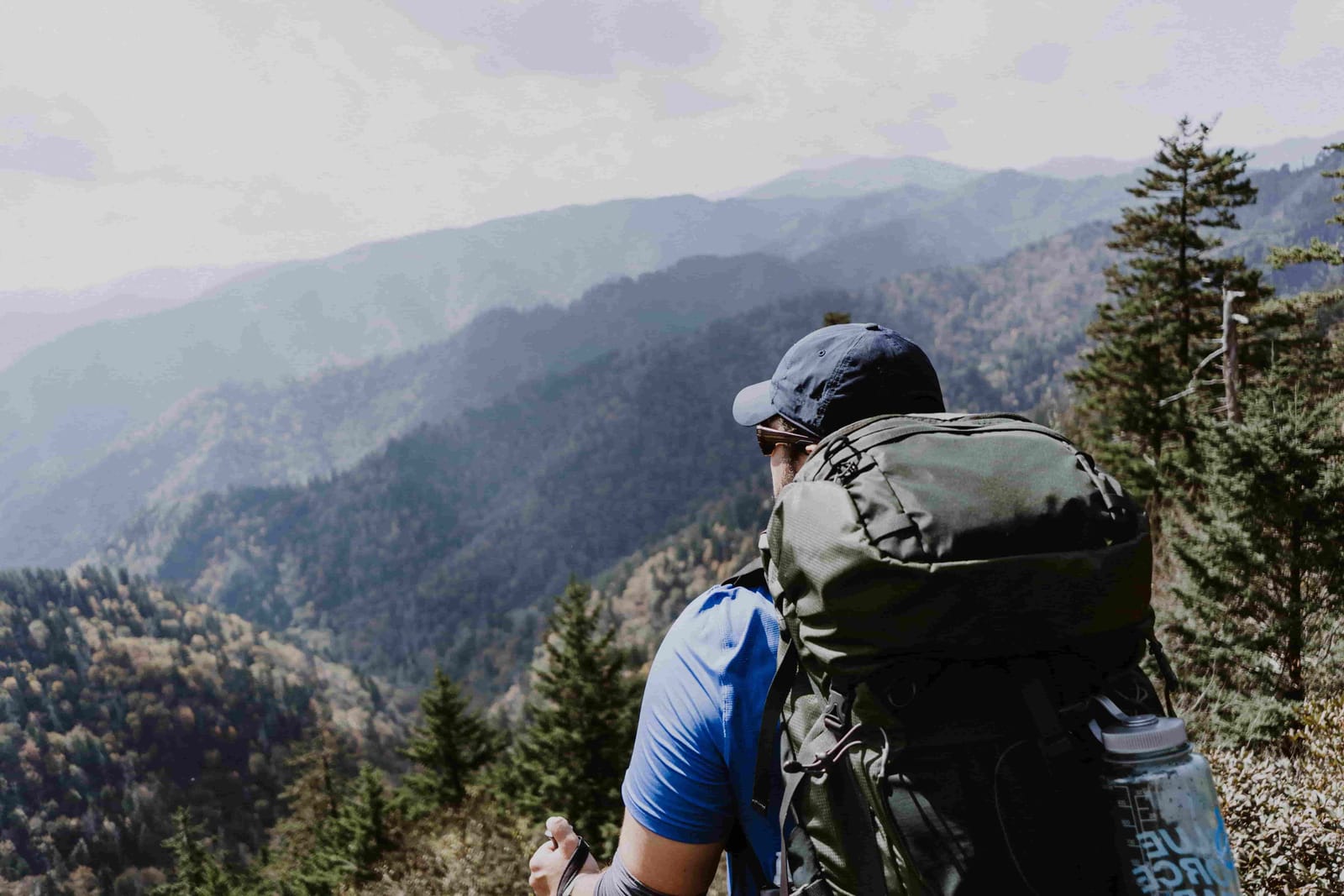 The Great Smoky Mountains In North Carolina One could ask where are most mountains located. To answer, the United States is home to several mountain ranges, with the most prominent ones located in the western part of the country. Here are some of the major mountain ranges in the country:
Rocky Mountains
The Rocky Mountains extend from the northernmost part of British Columbia in Canada down to New Mexico. They pass through several U.S. states, including Montana, Wyoming, Colorado, Utah, and New Mexico.
Cascade Range
Running from British Columbia in Canada through Washington and Oregon, the Cascade Range is known for its volcanoes, including Mount St. Helens and Mount Rainier.
Sierra Nevada
Situated in California and Nevada, the Sierra Nevada is famous for Lake Tahoe and Yosemite National Park. It runs roughly parallel to the Cascade Range.
Coastal Ranges
The Pacific Coast Ranges include various mountain ranges along the west coast, such as the Coast Range in Oregon and California.
Alaska Range
Located in Alaska, this range is home to the highest peak in North America, Denali (formerly known as Mount McKinley).
Appalachian Mountains
Running along the eastern part of the country, the Appalachian Mountains stretch from Georgia in the south to Maine in the north. They are older and more eroded compared to the Rocky Mountains.
***
Table of Contents
***
Some Extra Thoughts
While these are some of the major mountain ranges, there are numerous smaller ranges and isolated peaks throughout the country also. The central and eastern parts of the United States generally have lower elevation and smaller mountainous areas. The valleys and plains have their own advantages too such as faster transportation and ease of growing food. Other factors such as proximity to water sources, soil fertility, and climate resilience are also critical considerations for choosing the best place to homestead for survival. Each state have their pros and cons, so consider wisely based on your anticipated needs.
***
Table of Contents
***
Look For The Best Farmland Areas
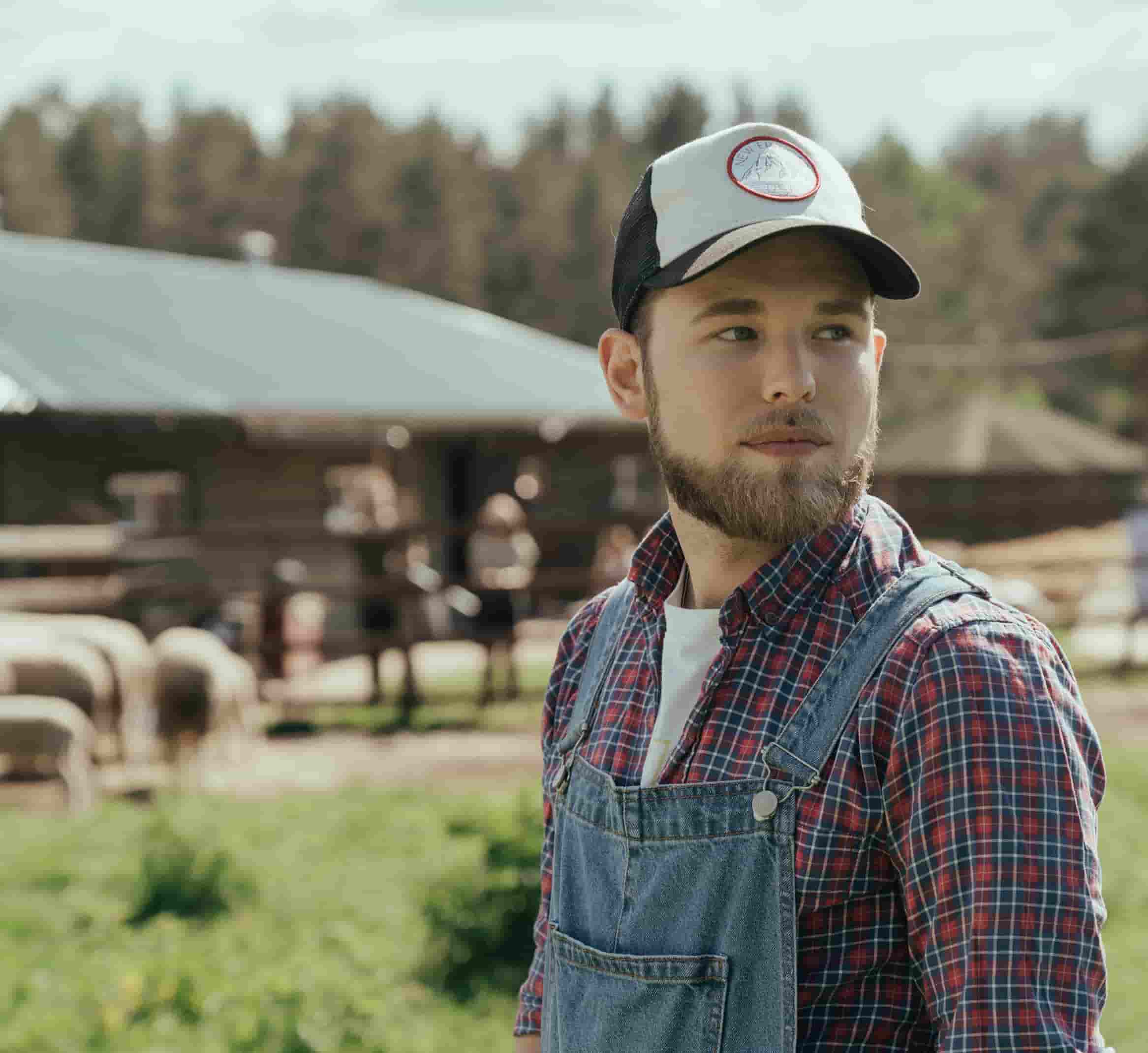 Check the soil fertility, climate, and what kind of foods you want to grow. Why should a prepper buy farmland for an investment? Acquiring farmland is one of the best assets you can own, especially if you are a survivalist. Smart preppers see the unreliability of the nation’s food sources and are already making moves into securing their own farmland. You get to be self-reliant and grow your own food. Acquiring the best farmland areas takes work. You need to look at various factors including soil fertility, climate, and what kind of foods you want to grow. The stability of a region's agricultural economy, access to markets, and infrastructure are crucial and impact the real value of farmland. Additionally, you can employ alternative farming practices, such as organic or permaculture farming. The list we will provide, further down this article, includes some of the biggest farming states in the USA. Established survivalist farms can be set up to grow, store, and secure food supplies. But of course, you may ask yourself things like how much farmland can I afford. If money is an issue, then that is another reason to join up with the survivalist groups who can buy and share resources.
***
Table of Contents
***
Find The Cheapest Land in the US
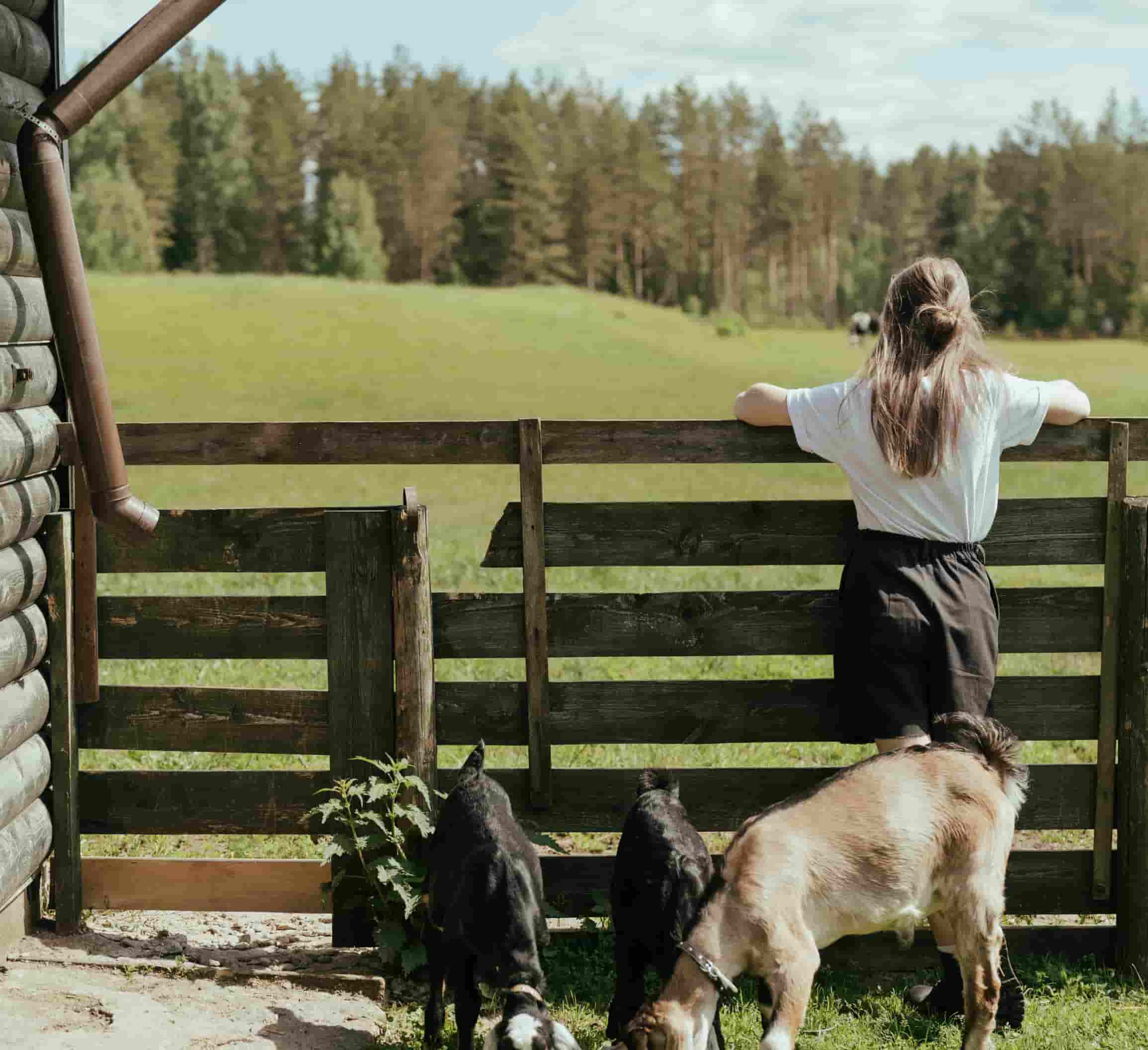 Land is one of the best investments you can ever make. The cost of land is crucial when you are checking around to find the cheapest state to buy land in. The driving factor is that, historically, states with lower population density and less urban development tend to have land prices are relatively more affordable. States in the Midwest and some parts of the South often have lower land prices compared to more densely populated and urbanized areas. So in order to obtain the cheapest land in the US that you can find, you should look for areas that have low population, are not too close to urban areas, and preferably located in the Midwest and South where you have the best chance to find the cheapest land in America. While some areas offer more affordable land prices due to lower demand or specific economic conditions, you want to balance cost considerations with long-term investment potential to meet your physical needs and also pay off financially as well if possible.
***
Table of Contents
***
Living In A Survivalist and Prepper Community Is Smart
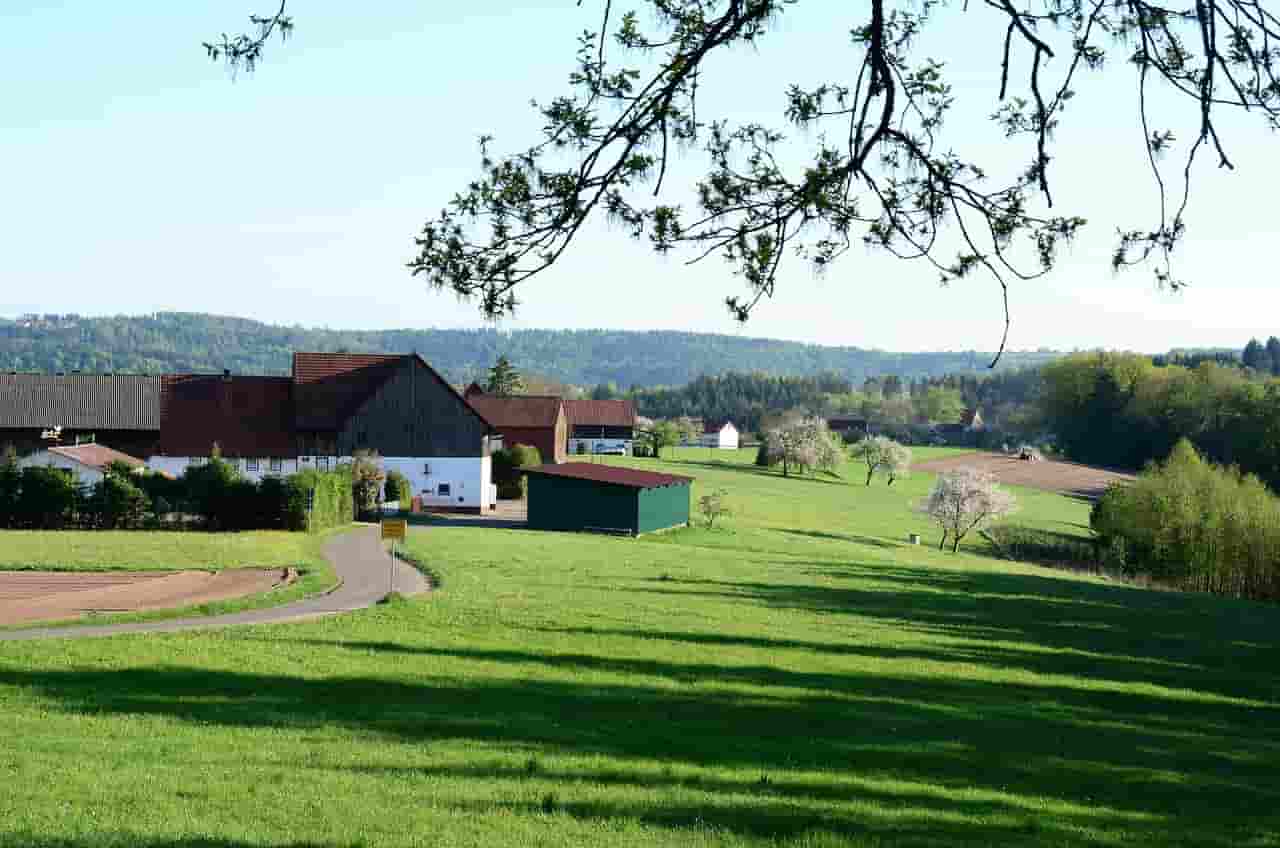 Being with like-minded preppers drastically increases your survival chances. Some people might try to be a lone ranger and go at it by themselves. Personally, we would consider that as the last choice. Your survival chances are greatly enhanced when you join with a group of like-minded people. It would be extremely advantageous for you and your family if you develop good connections with survivalist and prepper groups. These groups reflect a growing interest in preparedness for various scenarios and seek protection from natural disasters and societal collapse. You want to be near those type of people. There are power in numbers and preppers can look out for each other. You can google and find groups that think would be a good fit by searching key phrases such as survivalist groups, best survivalist communities, best prepper communities, prepper groups near me, prepper groups, prepping communities, and survivalist groups in America. These communities share a common goal of self-reliance and preparedness. Whether located in rural areas or organized online, you would benefit from knowledge exchange, skills development, and mutual assistance in times of need.
***
Table of Contents
***
Safest Places In US From Nuclear Attack, USA Fallout
Homesteaders also should ask themselves the possibility of war and how do you protect yourself from nuclear fallout. With all the trouble occurring all over the world, preparing for the likelihood of nuclear war and the resulting USA fallout, should be taken. You want the safest places from nuclear attack. Generally a rural area that is not a downwind from a target such as a military site or a large urban area is one of the best places to avoid fallout. Another good place would be a valley, the hills could give you some protection from the blast. Other good places that would give good insulation would place like railway tunnels, should you luckily be near one. Try to avoid living near air force bases, control stations, and naval bases. They could be the first ones to be hit if a war occurs.
There is another problem on fallout that you should know about. It accumulates in the clouds. And when it rains, the fallout disperses down on the earth. By all means, you DO NOT want to be out in the rain when that happens. But if you are on the other side of a mountain, then you have an advantage. This is because the mountains tend to squeeze the clouds approaching it, forcing the clouds to release their water cargo prematurely, on that side of the mountain. So if a nuke attack occurs at a certain location and you are near a mountain, make every effort to be on the other side of the mountain.
On the other hand, while the mountains can provide some protection from a horrible nuclear fallout, their capability is limited in fully protecting you.
If there is an extinction event upon all of us, where are you really going to go? The safest and best way to insulate you and your family from a nuclear attack is being in a bunker under the ground. We recommend you check out Vivos who have some of the best doomsday bunkers in the world.
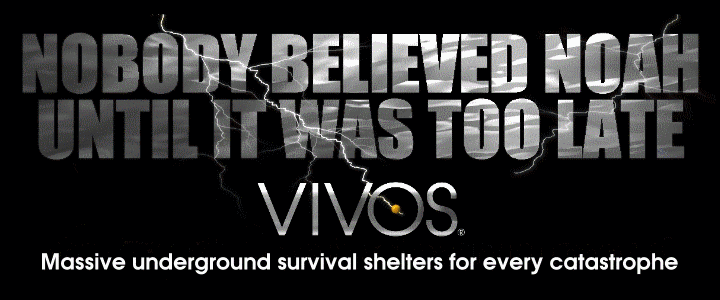 ***
Table of Contents
***
***
Table of Contents
***
The Prepper's 16 Best States For Homesteading In USA
Choosing the best states for homesteading as a prepper involves looking at water and land availability, affordability, presence of prepper communities, natural advantages, terrain advantages, defensibility, and safety from crime. Below are the 16 best states for homesteading in the USA. If you wish to reside in a red state, you are in luck because all of these states are red states that generally lean toward supporting the Republican Party. You can use this list as a starting point to zero into the states you would like to mark down for further research.
***
Table of Contents
***
Montana
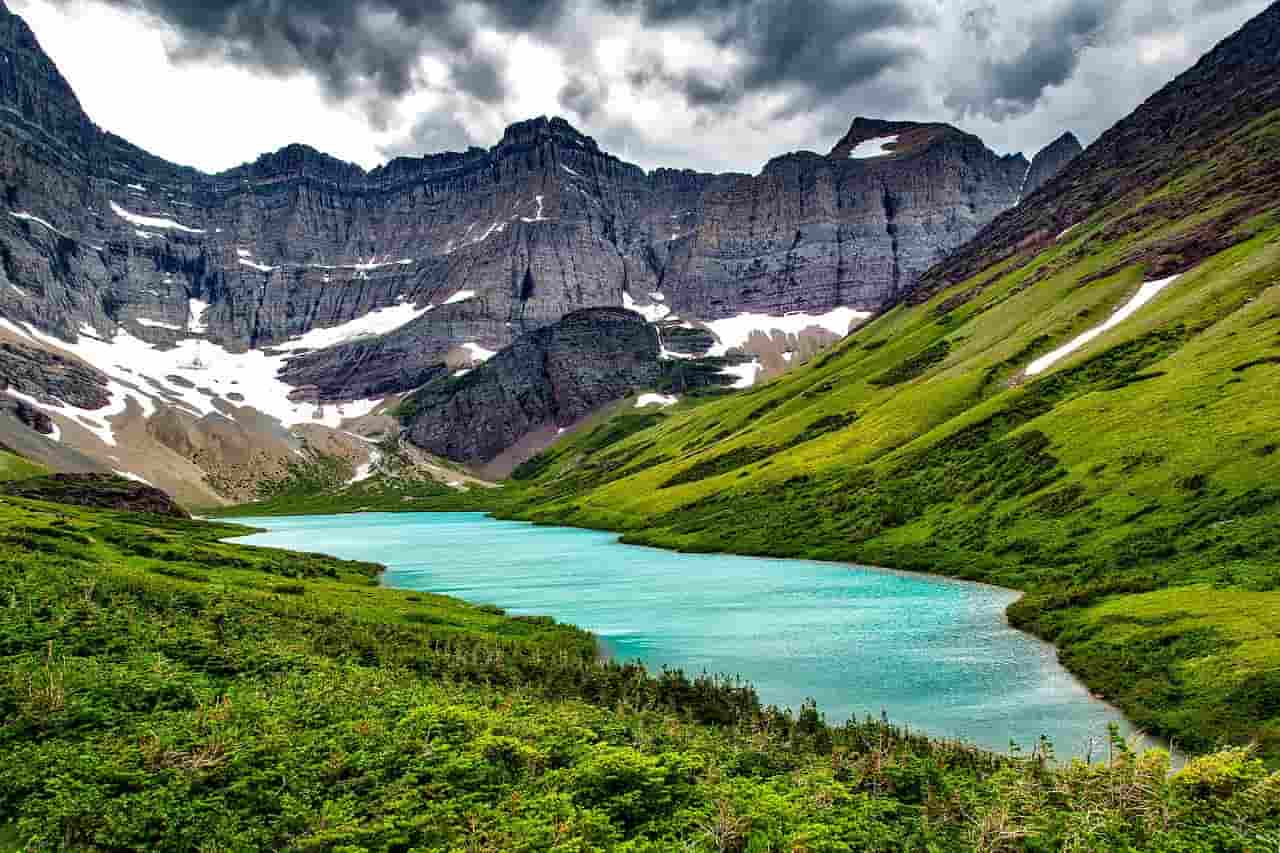 Montana Montana is famous for the Marlboro Man image and is a stunningly beautiful state. It is frequently on the short list of people picking it for an off-grid lifestyle. Nicknamed the “Treasure State,” the state has heavy snowfall and as a result you have lots of skiing and snowboarding resorts throughout the state, including Ashland, Big Sky, and Anaconda. And don’t forget Yellowstone National Park. Located in the northwestern part of the country, Montana borders four states; Wyoming, South Dakota, Idaho, and North Dakota, and shares a 545-mile-long border with Canada. It has lots of arable land, fish, and wild game. But because of its long and rugged winter, most of your preparation would be done in the summer, including firewood, farming, hunting, and fishing. Because of all this, the state is very favorable to homesteading, self-sufficiency, and rural lifestyle. - Abundance of Land: Relatively low population density compared to its vast land area, giving you larger plots and more privacy.
- Scenic and Diverse Landscapes: Diverse landscapes, including mountains, valleys, rivers, and plains.
- Self-Sufficiency Culture: The area has a strong culture of self-sufficiency and independence. Many residents have lifestyle that includes growing their own food, raising livestock, and living off the land. You can easily find active prepper communities here.
- Outdoor Recreation Opportunities: Abundant places for hunting, fishing, hiking, and other recreational pursuits. The state's natural beauty and access to public lands are attractive.
- Relaxed Regulations: Compared to some other states, Montana has more relaxed regulations, making it easier for you pursue homesteading activities.
- Low Population Density: This state has one of the lowest population densities in the country. A big plus when you value solitude and privacy, something that hard-core survivalists look for.
- Water Resources: Please bear in mind that the west side of the state has more water than the east side. The state has numerous rivers and lakes suitable for agriculture, livestock, and overall self-sufficiency.
- Affordability: Relatively reasonable land prices.
- Defensibility: Natural barriers and remote areas can enhance defensibility.
- Safety: Low population density may reduce crime risk.
***
Table of Contents
***
Idaho
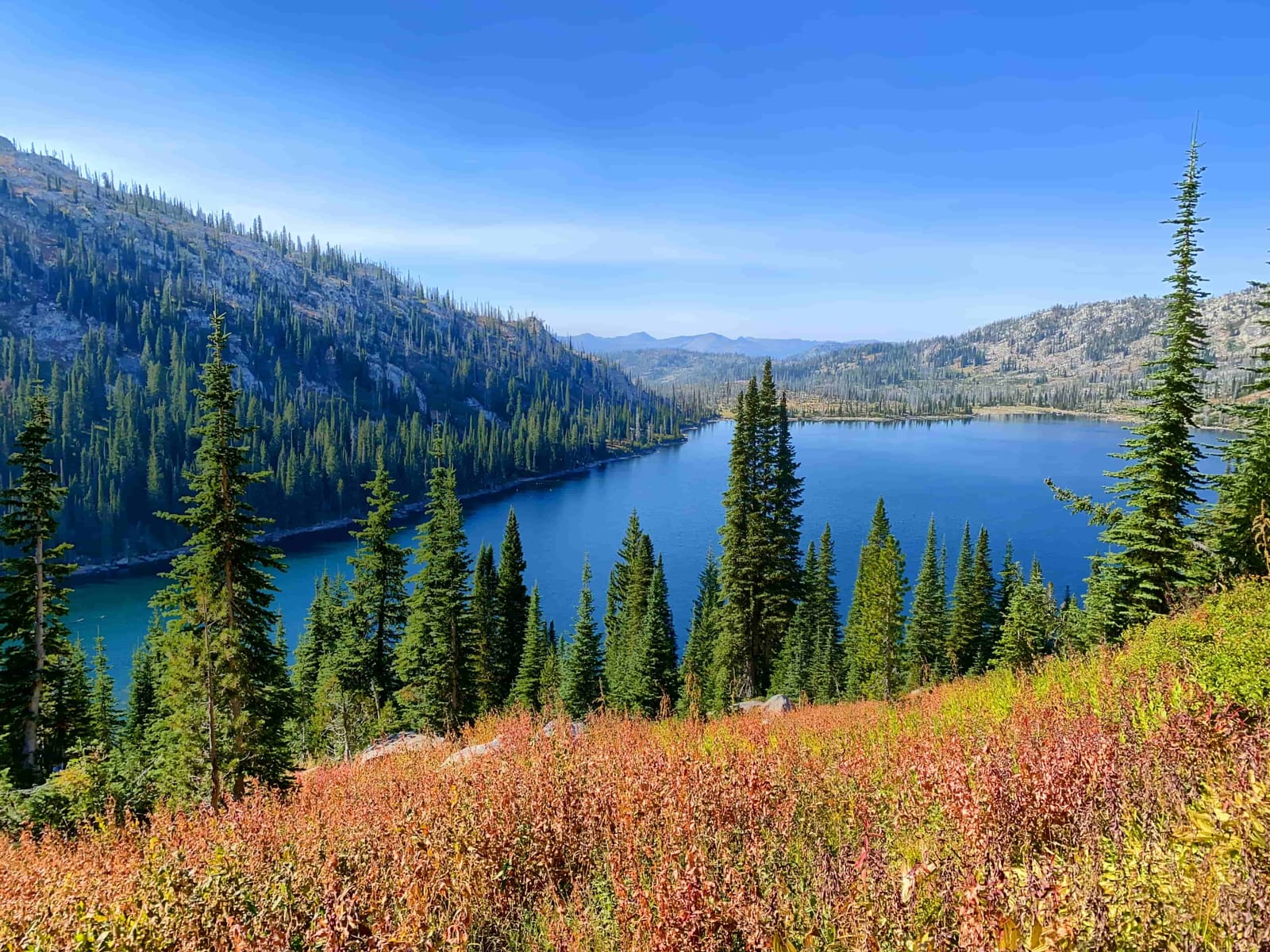 Idaho Idaho, with its rugged mountain-man image, is another great state for homesteading. It is well known for its love of the Second Amendment. The state has some unique advantages with its lack of natural disasters and crime. There is an abundance of remote areas, secluded and private which can be a homesteaders dream. There was a group of people called “The Citadel” taking the homesteader to the extreme. In their case, they built a walled community stocked with rifles, food and emergency kits on a mountaintop in northern Idaho. You can also look at groups with more modest plans. - Affordable Land: Land is more affordable land compared to some other states in the western U.S. Larger plots of land at a reasonable cost.
- Abundance of Natural Resources: Idaho is rich in natural resources, including fertile soil, ample water resources, and a diverse climate. It gets easier to grow crops, raise livestock, and sustain yourself and loved ones.
- Low Population Density: Like Montana, Idaho has a relatively low population density. There is more available land you can check out. Homesteaders can enjoy greater privacy and a sense of seclusion.
- Outdoor Recreation Opportunities: Offers a wealth of outdoor recreational opportunities, including hiking, fishing, hunting, and skiing.
- Self-Sufficiency Culture: The culture here also leans toward self-sufficiency and independence. The people here enjoy a lifestyle of growing their own food, raising animals, and living off the land.
- Supportive Homesteading Community: The state is very supportive to the homesteading community. You can join networks of like-minded individuals who share knowledge, resources, and experiences. There is a sense of community here that can make your family at ease.
- Relaxed Regulations: The regulations in this state are more relaxed compared to others, making it easy to pursue homesteading activities.
- Climate Variety: Depending where you are in the state, there is a variety of climates. For example, you get the temperate climate in the north and a semi-arid climate in the south.
- Natural Advantages: Mountains and wilderness.
- Defensibility: Mountains and wilderness terrain can provide natural defenses.
- Safety: Low population density and a more remote location may contribute to safety.
***
Table of Contents
***
Texas
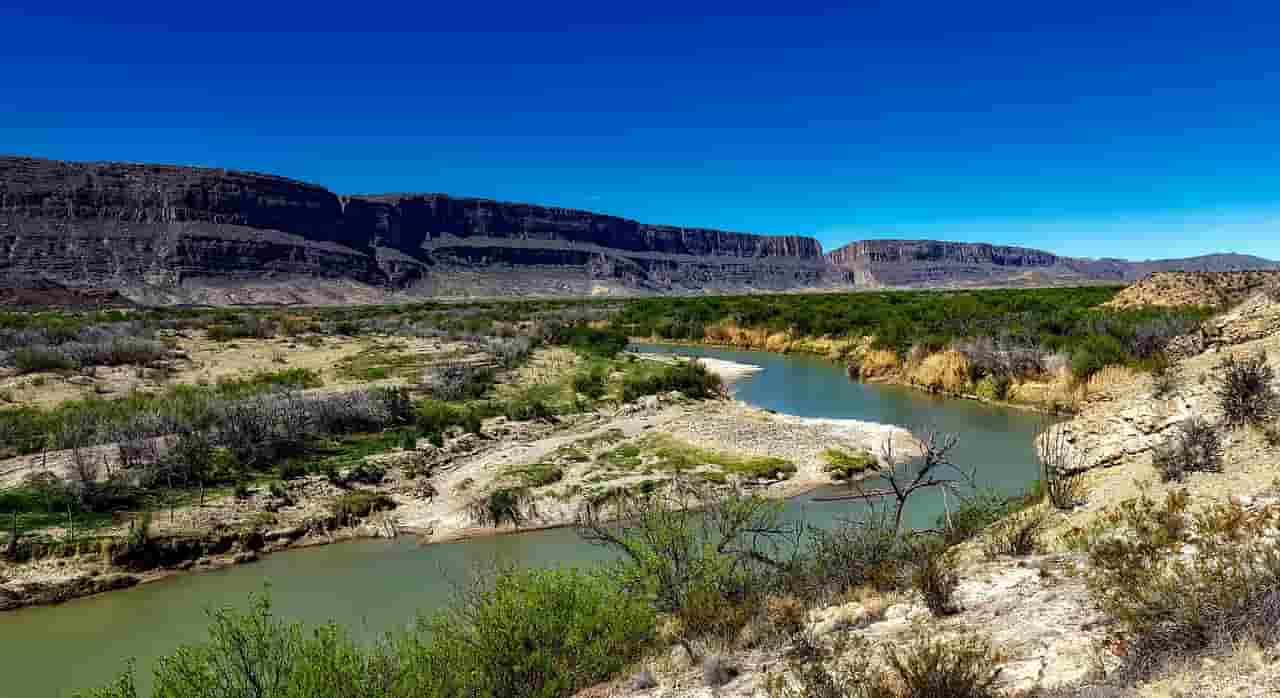 Texas The fact that The Lone Star State is so big, it naturally favors the homesteader with its rural and secluded regions. Texas is the most gun friendly state in the USA. It has an extremely long growing season. But you would do well to avoid the desert regions of Texas which is more difficult to survive in. - Land Availability: Texas is the second-largest state in the U.S., and it offers a vast amount of land available to buy, whether it is wooded areas, prairies, or more arid landscapes.
- Diverse Climate: The state has a diverse climate, including coastal areas, plains, and mountainous regions. Each advantageous in their own way on agricultural activities.
- Agricultural Opportunities: The fertile soils in many regions are conducive to farming and gardening, ideal to grow your own food and raising livestock.
- Water Resources: Water availability is plenty in Texas which possess the second highest in the number of rivers among states. Countless numbers of rivers, lakes, and aquifers supply the needs for agriculture and homesteading activities.
- Friendly Homesteading Regulations: The regulations here are very friendly to homesteaders. You get relatively low property taxes, lenient building codes in rural areas, and a generally pro-property rights attitude.
- Low Cost of Living: You also get a lower cost of living. Both housing and land is generally cheaper than some other states.
- Independent Spirit: You can sense a strong sense of independence. There is a "do-it-yourself" mentality and that aligns very well with self-sufficiency and homesteading.
- Natural Beauty and Outdoor Activities: You can see beautiful and diverse landscapes, including mountains, deserts, forests, and coastline. There is plenty of outdoor activities and recreational pursuits.
- Natural Advantages: Diverse landscapes and potential for rural living.
- Defensibility: Varied geography provides opportunities for defensibility.
- Safety: Populated areas may have crime concerns, but rural regions may offer safety.
***
Table of Contents
***
Tennessee
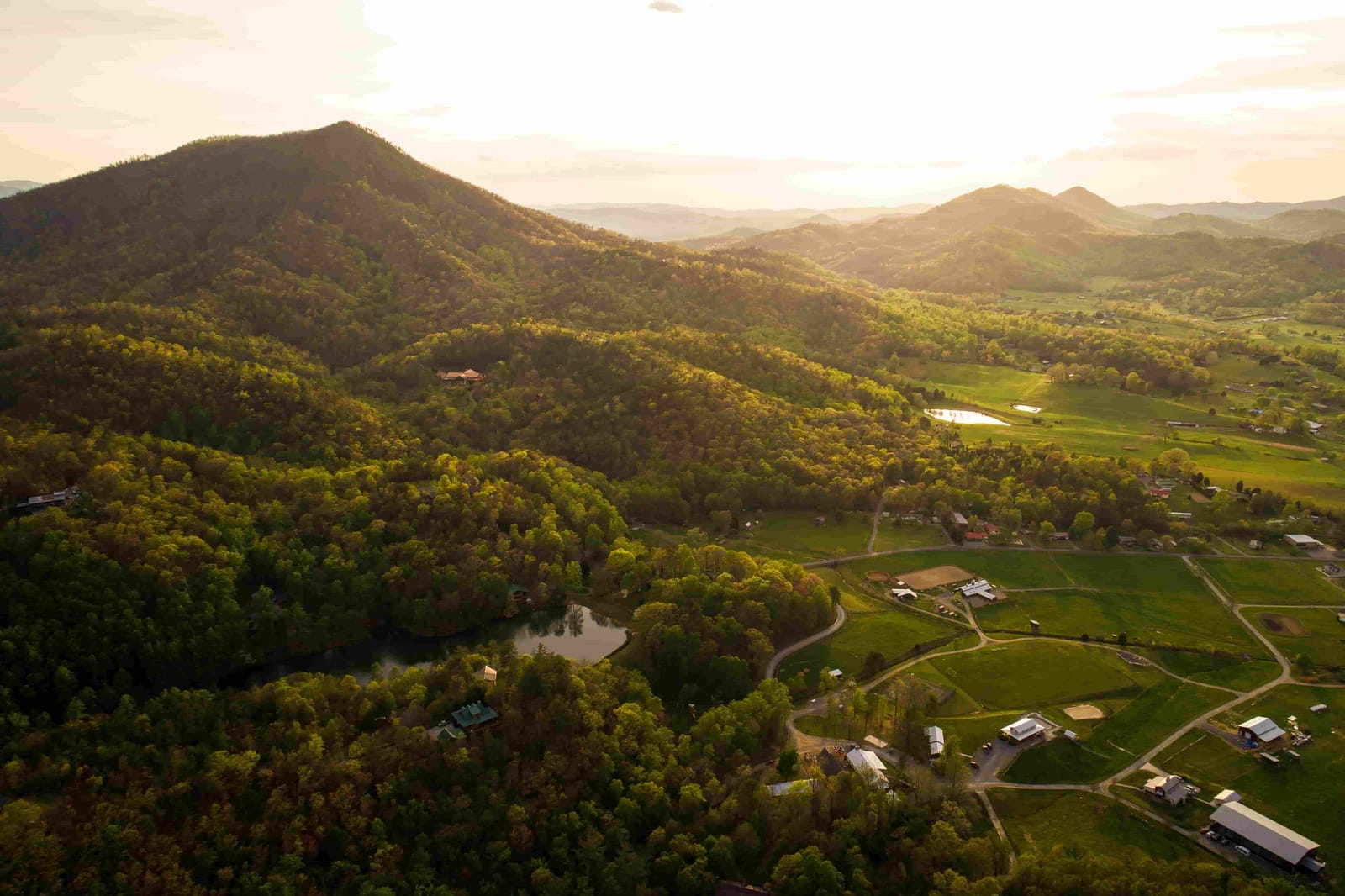 Tennessee Tennessee is very attractive to preppers and homesteading. It is bordered by eight other states and the Mississippi River, the highest number of borders. It is as gun friendly as Texas and also boasts a long growing season, roughly 260 days per year. The population density is low. You have plenty of places for hunting and fishing. And there is a lot of rainwater to help out. - Affordable Land: Tennessee has very affordable land that is pleasantly varied geographically. You can certainly purchase larger plots as a result. Reasonable cost of living.
- Moderate Climate: Moderate climate with distinct seasons, making it suitable for a variety of crops year-round. This climate is conducive to gardening, farming, and livestock raising.
- Abundant Water Resources: Numerous rivers, lakes, and aquifers are abundantly available.
- Rich Agricultural Tradition: The state has a strong agricultural tradition and the rural areas embrace farming and homesteading practices. You can get excellent knowledge on growing methods.
- Natural Beauty: The natural beauty of the state is breathtaking. You can see diverse and picturesque landscapes, including rolling hills, forests, and valleys. A great place to live, home sweet home.
- Homesteader-Friendly Regulations: Looks for the rural areas where the zoning laws are more lenient without excessive restrictions on homesteaders.
- Community Support: Many areas here have close-knit and supportive communities. This sense of community makes it easy to benefit from shared resources, knowledge exchange, and a network of like-minded individuals.
- Cultural Diversity: A mixture of rural and urban elements can provide homesteaders with options based on their preferences. Whether seeking a more remote setting or proximity to urban amenities, you are bound to get a good fit.
- Access to Urban Amenities: While homesteaders often seek rural settings, Tennessee offers the advantage of being close to urban centers also. Enjoy both the benefits of rural living and convenient access to city amenities when needed.
- Natural Advantages: Diverse landscapes with rural opportunities.
- Defensibility: Varied terrain allows for potential defensibility.
- Safety: Rural areas may be safer; crime rates can vary.
***
Table of Contents
***
Missouri
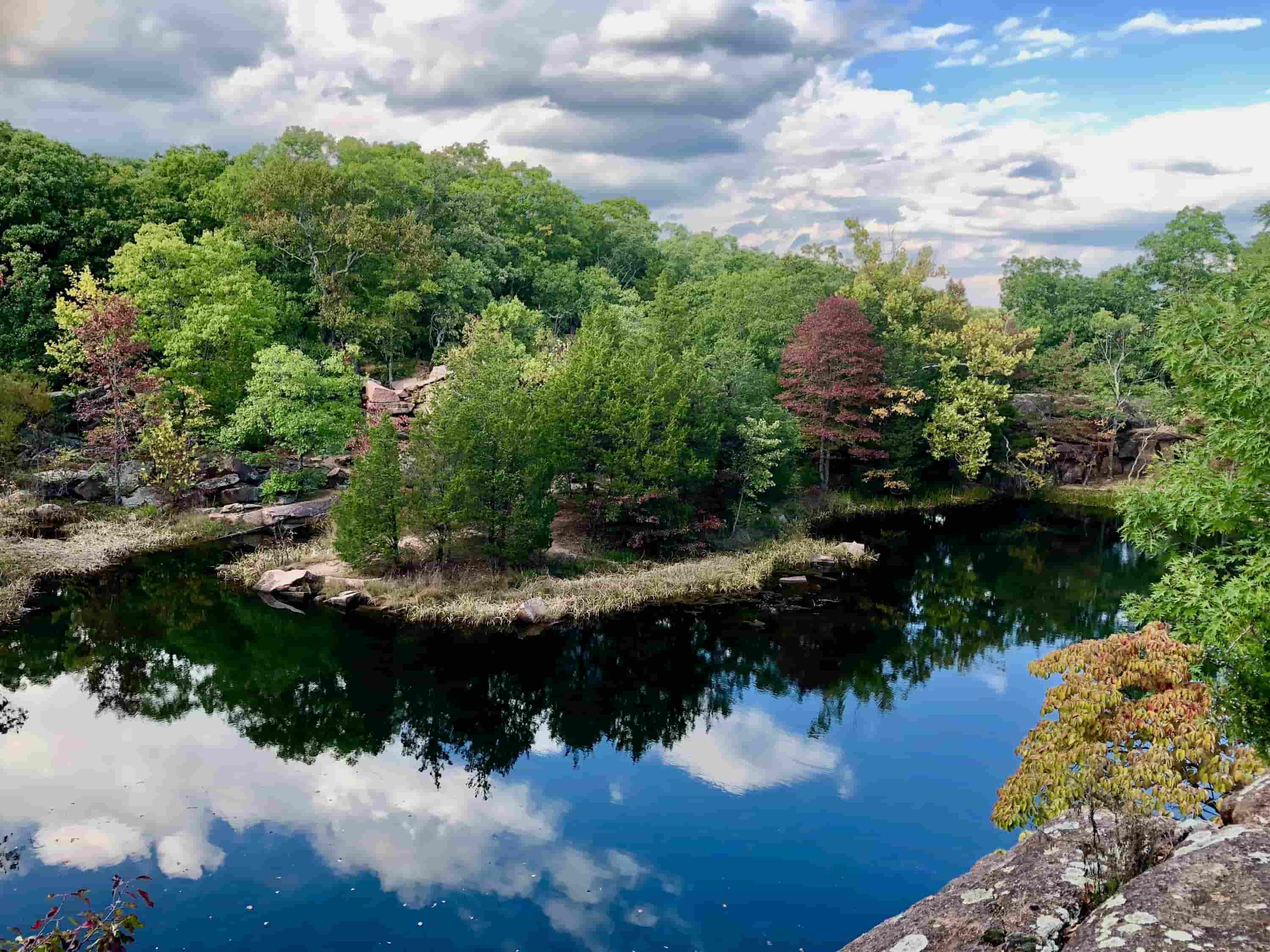 Missouri Missouri is tied with Tennessee for bordering the most states at eight and is an attractive option. The state’s regulations are extremely friendly to those living off the grid. For example, rainwater collection systems are allowed, unlike many other states. You get an abundance of hunting in nearly all regions of the state. The growing season offers a great opportunity for fall gardening. - Affordable Land: Generally offers affordable land. You can get good deals buying large plots at a reasonable prices. This is true for both rural and suburban areas.
- Diverse Geography: The geography is diverse, including rolling hills, forests, and fertile plains. Perfect for agriculture.
- Moderate Climate: Moderate climate with distinct seasons. You can employ year-round gardening activities.
- Abundant Water Resources: Missouri is known for its rivers, including the Mississippi and Missouri Rivers, as well as numerous lakes and aquifers.
- Rich Agricultural Tradition: It has a strong agricultural tradition, and a supportive environment for a self-sufficient lifestyle.
- Homesteader-Friendly Regulations: Lenient zoning laws in many rural areas.
- Community Support: The community is a big plus. The rural communities in Missouri are known for their hospitality and close-knit nature, a valuable resource offering support, shared resources, and a network of like-minded individuals. Lots of prepper communities here.
- Access to Urban Amenities: Missouri combines rural living with access to urban amenities. Even in rural areas, homesteaders can often find nearby towns or cities where they can access goods, services, and cultural activities.
- Educational Resources: Offers a wealth of educational resources for aspiring homesteaders, including agricultural programs and guidance on farming practices and sustainable living.
- Defensibility: Some areas may offer natural defenses.
- Safety: Rural areas may have lower crime rates.
***
Table of Contents
***
North Carolina
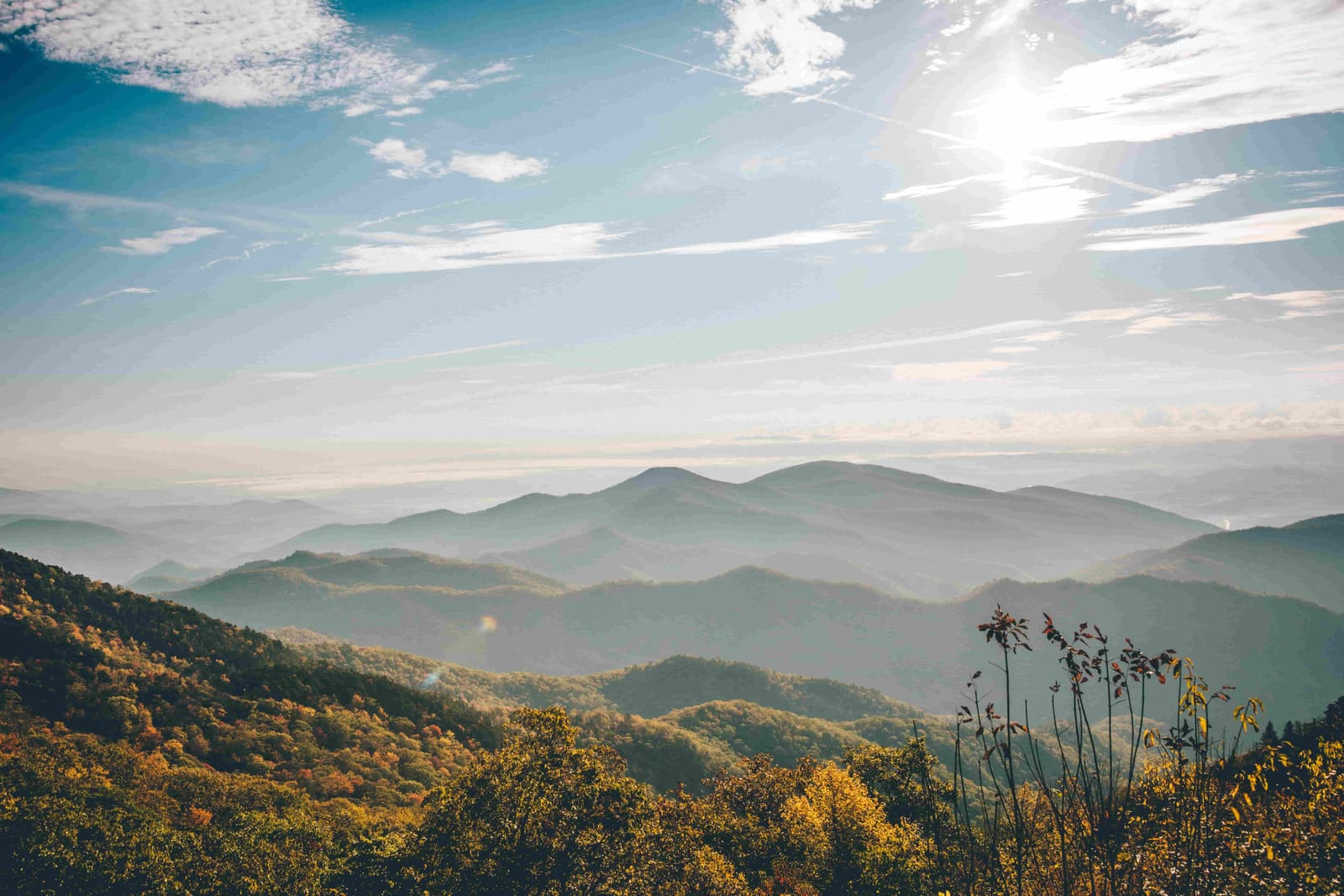 North Carolina North Carolina is a compelling option for homesteaders. It offers a long growing season and favorable homesteading laws. The Black Mountain and Saluda regions are a haven for preppers. The prepper culture is alive and well with survivalist groups abound in the state. Land in the mountain region is affordable, and boast hunting, growing, and a low cost of living. - Diverse Geography: Offers diverse geography, including an excellent choices of mountains, rolling hills, and coastal plains. The state is known for its coastal areas, but the west side of the state is best suited for homesteading and farming.
- Moderate Climate: Moderate climate with distinct seasons, enabling year-round agricultural and gardening. The climate is conducive to growing a variety of crops and raising livestock.
- Abundant Water Resources: Known for its abundant water resources, including rivers, lakes, and coastal areas. Be aware that hurricanes may impact certain water sources.
- Rich Agricultural Tradition: Rich agricultural history, and many areas are well-suited for farming and homesteading. The cultural background also supports a self-sufficient lifestyle.
- Affordable Land: Offers relatively affordable land in establishing a homestead. Reasonable cost of living.
- Homesteader-Friendly Regulations: Perceived as having homesteader-friendly regulations. The rural areas have more lenient zoning laws than the suburbs.
- Educational Resources: One of the best education systems covering agricultural programs by well known universities, including UNC, NCSU, and Duke.
- Community Support: Many rural communities in North Carolina are known for their hospitality and sense of community. This supportive environment is beneficial for homesteaders, providing a network of peppers, survivalists, and shared resources. The friendly atmosphere of the state encourages people to move there.
- Access to Urban Amenities: Even the rural areas have access to urban amenities. No matter where you are, you get convenient access to goods, services, and cultural activities.
- Defensibility: Varied terrain can offer some defensibility.
- Safety: Rural areas may be safer; coastal areas may be prone to hurricanes.
***
Table of Contents
***
South Carolina
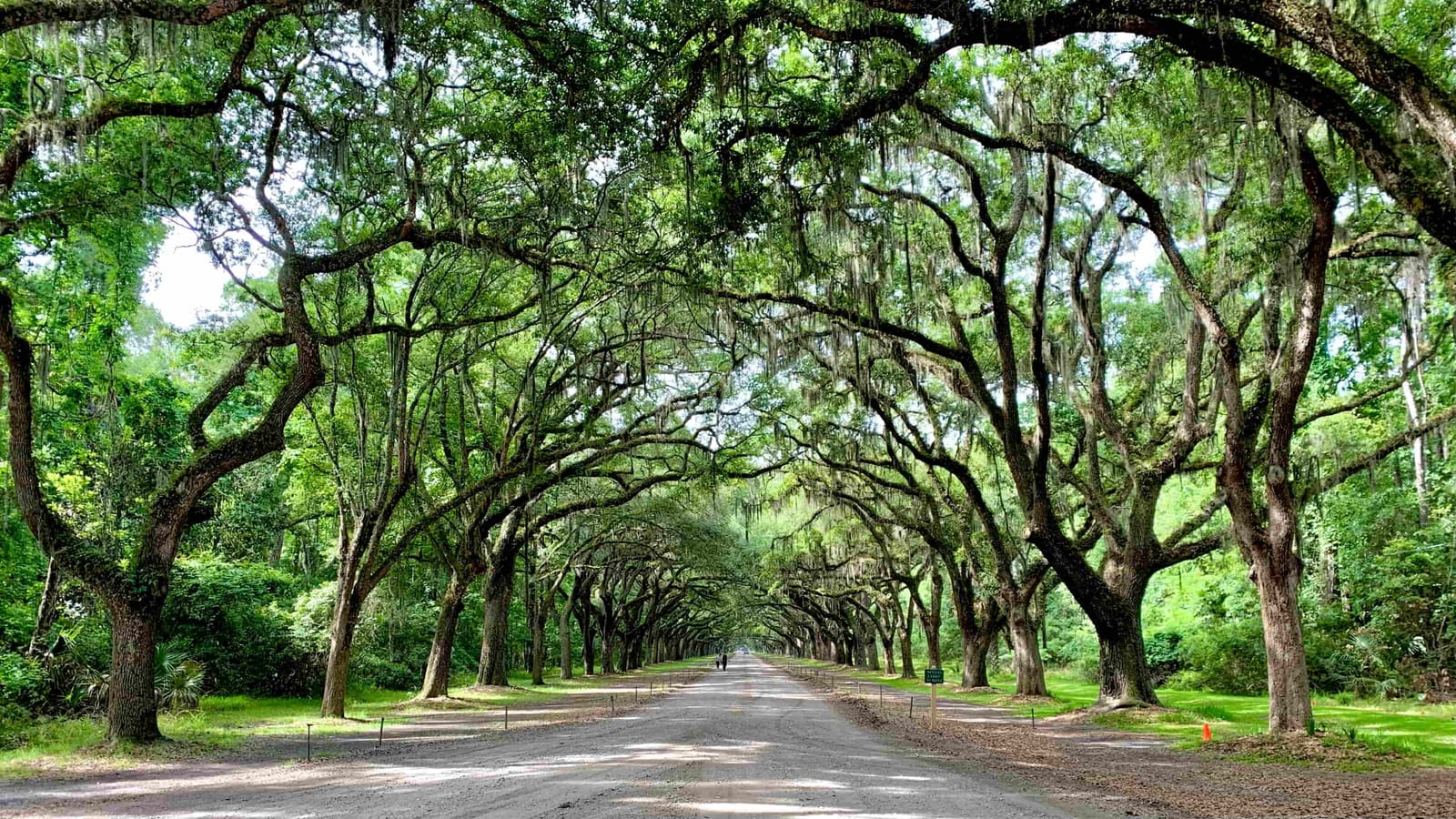 South Carolina South Carolina is well known for its warm temperatures and white sand beaches. It is rich with southern hospitality, has a relaxed culture, and an appealing environment for homesteading. The prepper community there is striving to make the area sustainable, more defensible, and more prepared as a group of like-minded people. - Moderate Climate: Moderate climate with mild winters, warm summers, and a relatively long growing season. The climate is ideal to a variety of crops and agriculture.
- Abundant Water Resources: There are plenty of rivers, lakes, and coastal areas. Ample water for overall self-sufficiency. Coastal areas may be impacted by hurricanes.
- Diverse Geography: Diverse geography includes coastal plains, piedmont, and the foothills of the Appalachian Mountains.
- Rich Agricultural Tradition: The state has a strong agricultural culture background, well-suited for farming.
- Affordable Land: Compared to some other states, South Carolina often offers relatively affordable land.
- Homesteader-Friendly Regulations: Homesteader-friendly regulations, particularly in rural areas with more lenient zoning laws.
- Educational Resources: Agricultural programs provided by institutions such as Clemson University.
- Community Support: Many rural communities in South Carolina are known for their hospitality and sense of community who are willing to shared resources. Prepper communities have a strong sense of community
- Access to Urban Amenities: Even the rural areas have access to urban amenities so you get convenient access to goods and services.
- Defensibility: Coastal and rural areas may offer defensibility.
- Safety: Rural areas may be safer; coastal areas may be prone to hurricanes.
***
Table of Contents
***
Georgia
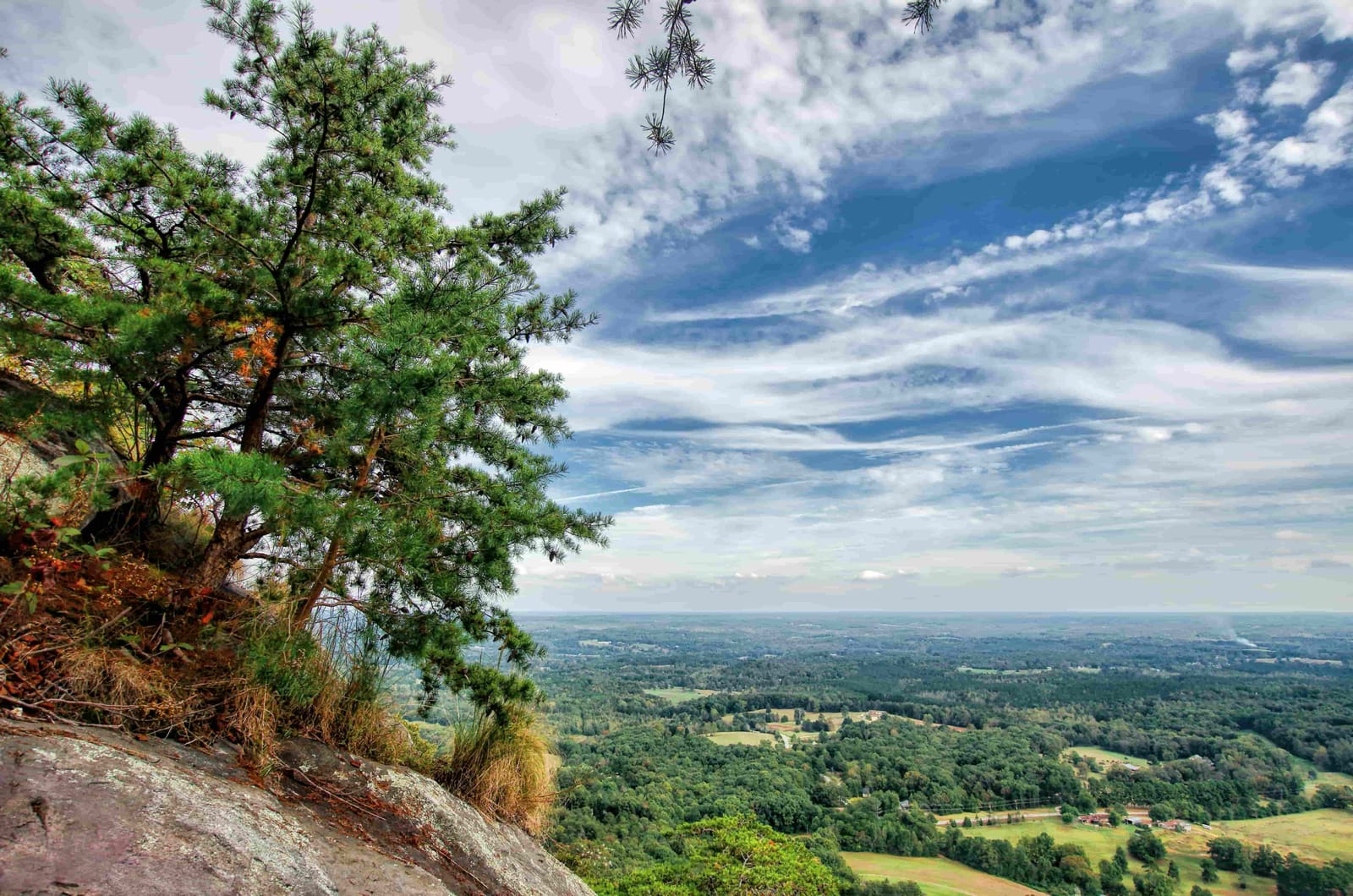 Georgia Georgia has thriving cities and charming towns. The area is really diverse where the countryside connects the mountains with white-sand beaches. Moreover, you get a temperate climate in all four seasons. There are a lot of farms and rural areas that are sparsely populated. Also owning guns for defense is common here, making the state in a good defensible position. - Moderate Climate: A moderate climate along with mild winters and warm summers extend the growing season so you can have year-round gardening.
- Abundant Water Resources: Georgia is known for its abundant water resources, including rivers, lakes, and the Atlantic coastline. Access to water is crucial for homesteading, supporting irrigation, livestock, and overall self-sufficiency. Some areas may experience droughts.
- Diverse Geography: Diverse geography, ranging from coastal plains to mountainous regions in the north. You get to multiple location to suit your preferences and needs.
- Rich Agricultural Tradition: Strong agricultural tradition. Because of the southern culture, many areas in the state are well-suited for farming and homesteading.
- Affordable Land: One of the states with the lowest cost of land.
- Homesteader-Friendly Regulations: Homesteader-friendly regulations. Homesteaders get flexibility in their land use and development plans.
- Educational Resources: Georgia has agricultural extension services and programs provided by institutions such as the University of Georgia which teach sustainable farming practices and other aspects of self-sufficiency.
- Community Support: Many rural communities are famous for their hospitality and sense of community. Some areas have a prepper-friendly atmosphere.
- Access to Urban Amenities: Urban amenities are easy to access from anywhere in the state.
- Natural Advantages: Rural living opportunities.
- Defensibility: Varied terrain may provide natural defenses.
- Safety: Rural areas may have lower crime rates.
***
Table of Contents
***
Utah
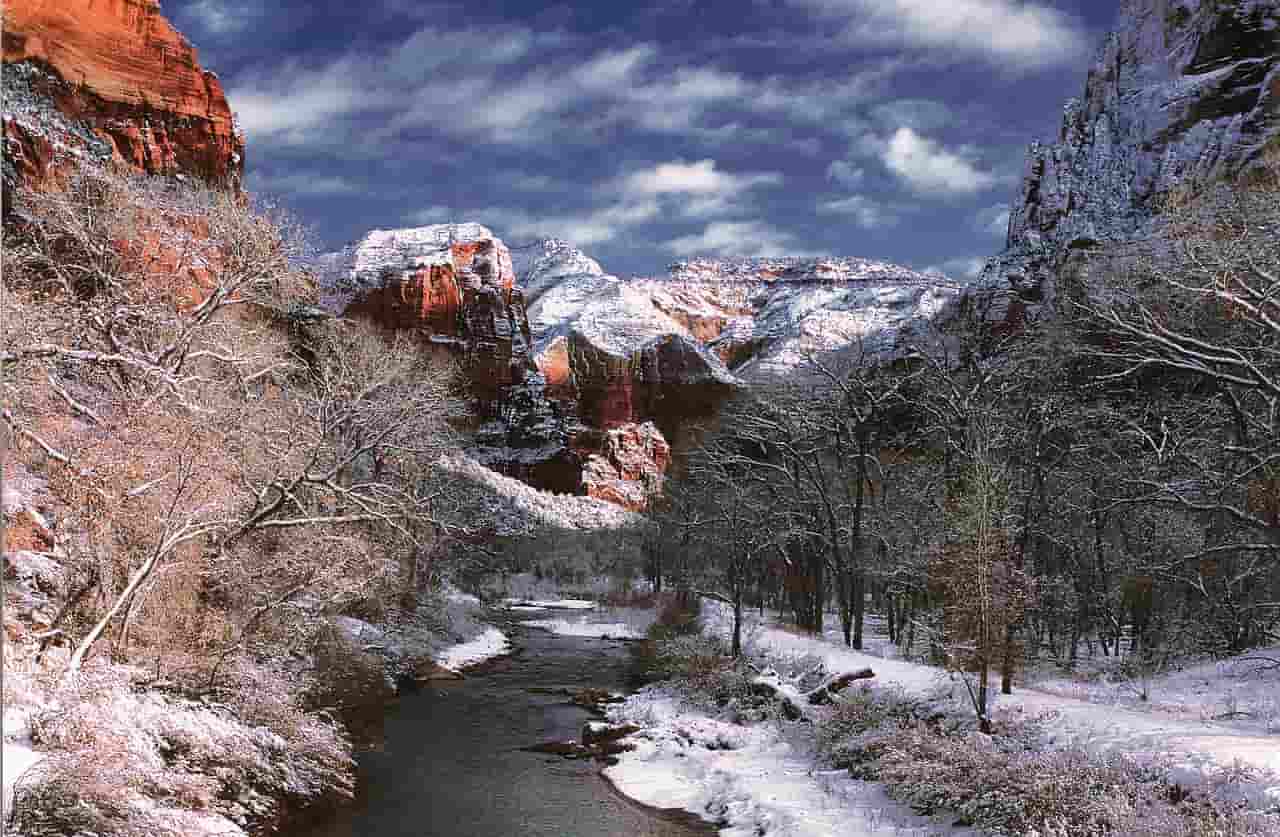 Utah Utah has magnificent national parks with glorious views and very friendly to homesteaders. It has a many preppers and like minded people preparing for the worst. For example, the Church of Latter Day Saints there are really big on self sufficiency and preparedness. - Diverse Geography: Diverse landscapes, including mountains, valleys, deserts, and plateaus.
- Abundant Water Resources: Despite its arid climate, the state has quite a few water resources, including rivers, lakes, and reservoirs. But availability varies so don’t waste it, you need to make efficient use of your water to conserve. Doing that, you can be successful here in homesteading.
- Moderate Climate in Some Areas: While Utah is generally characterized by a semi-arid or arid climate, certain areas, particularly at higher elevations, experience a more moderate climate which can be more suitable for a variety of crops and livestock.
- Access to Outdoor Recreation: Lots of outdoor recreation opportunities, including hiking, camping, and skiing.
- Affordable Land: Relatively affordable land.
- Homesteader-Friendly Regulations: Very homesteader-friendly state, especially in the rural areas.
- Community Support: Stay close to the rural communities, they have a strong sense of community. Sharing resources happens all the time. Lots of prepper-friendly groups here.
- Educational Resources: Great agricultural skills shared here. Institutions such as Utah State University have an extensive list of training on sustainable farming.
- Low Population Density: Population density here is very low, even more so in rural areas. You get a sense of solitude, privacy, and ample space for your homestead.
- Natural Advantages: Mountains and wilderness.
- Defensibility: Varied terrain may provide natural defenses.
- Safety: Low population density may contribute to safety.
***
Table of Contents
***
Arkansas
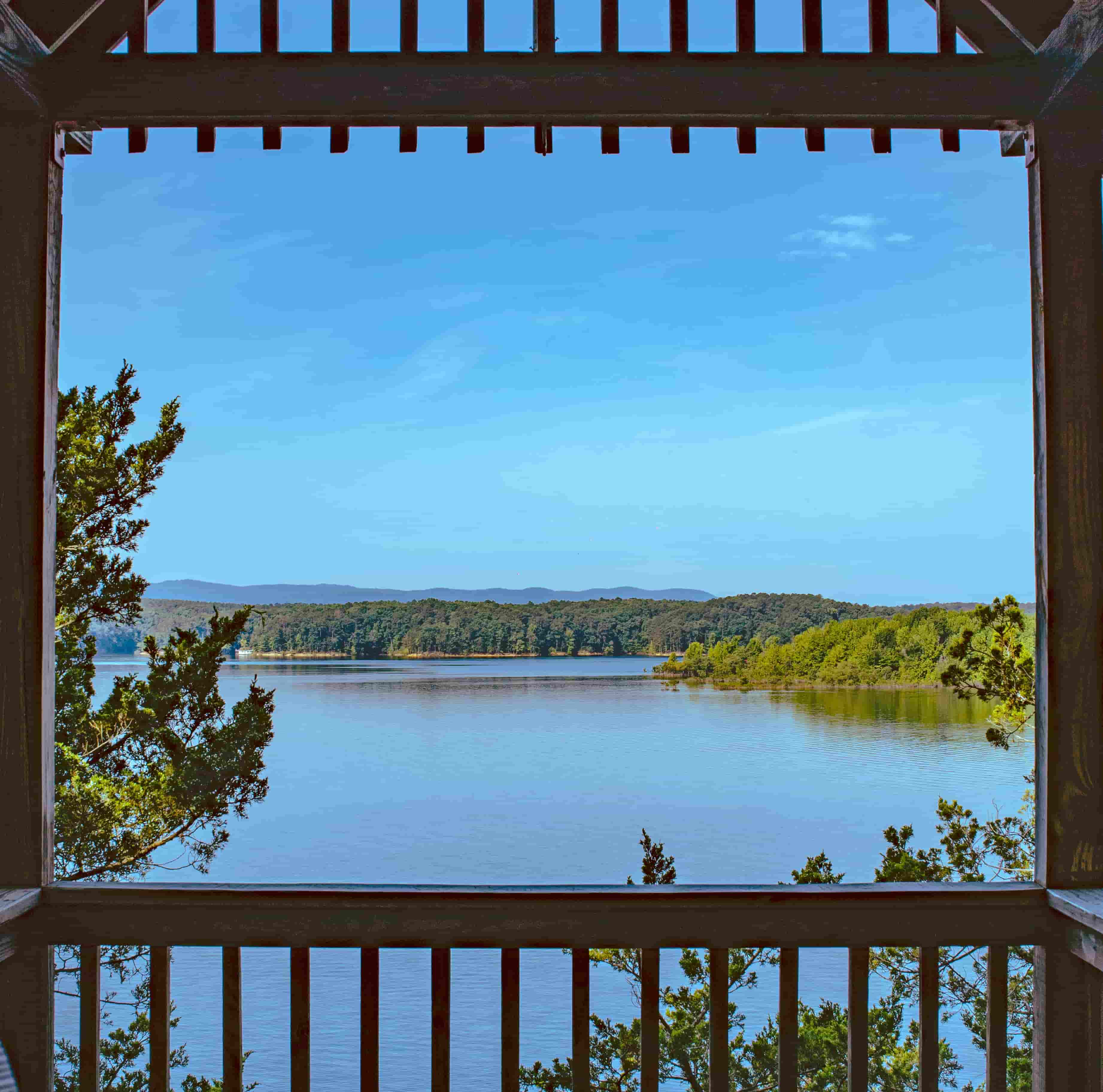 Arkansas Believe it or not, almost half of all Arkansas residents are survivalists, a ratio that is more than any other state. Some people consider Arkansas the best state to move to for survival. Some think that northwest side off the state is one of the safest places in the world from natural disaster. - Affordable Land: Excellent affordable land available homesteading. Cost of living is reasonable.
- Moderate Climate: Moderate climate with four distinct seasons that enables a long growing season. A variety of crops can thrive in this environment.
- Abundant Water Resources: Abundant water resources, including rivers, lakes, and reservoirs. Ideal for supporting irrigation and livestock. Water quality may vary so make sure you filter the water for drinking just in case.
- Rich Soil: Fertile soil, particularly in the delta regions, which is beneficial for agriculture.
- Homesteader-Friendly Regulations: Extremely friendly regulations to homesteader. Rural areas even more friendly.
- Educational Resources: Extensive agricultural extension services and programs provided by institutions such as the University of Arkansas.
- Community Support: Preppers everywhere. Rural communities have a strong sense of community and hospitality. Supportive environment provides a network of like-minded individuals and shared resources.
- Access to Outdoor Recreation: A wealth of outdoor recreation opportunities, including hiking, fishing, and camping.
- Low Population Density: Very low population density, especially in rural areas. Plenty of places for solitude and privacy.
- Natural Advantages: Varied terrain and rural living opportunities.
- Defensibility: Some areas may offer natural defenses.
- Safety: Rural areas may have lower crime rates.
***
Table of Contents
***
Oklahoma
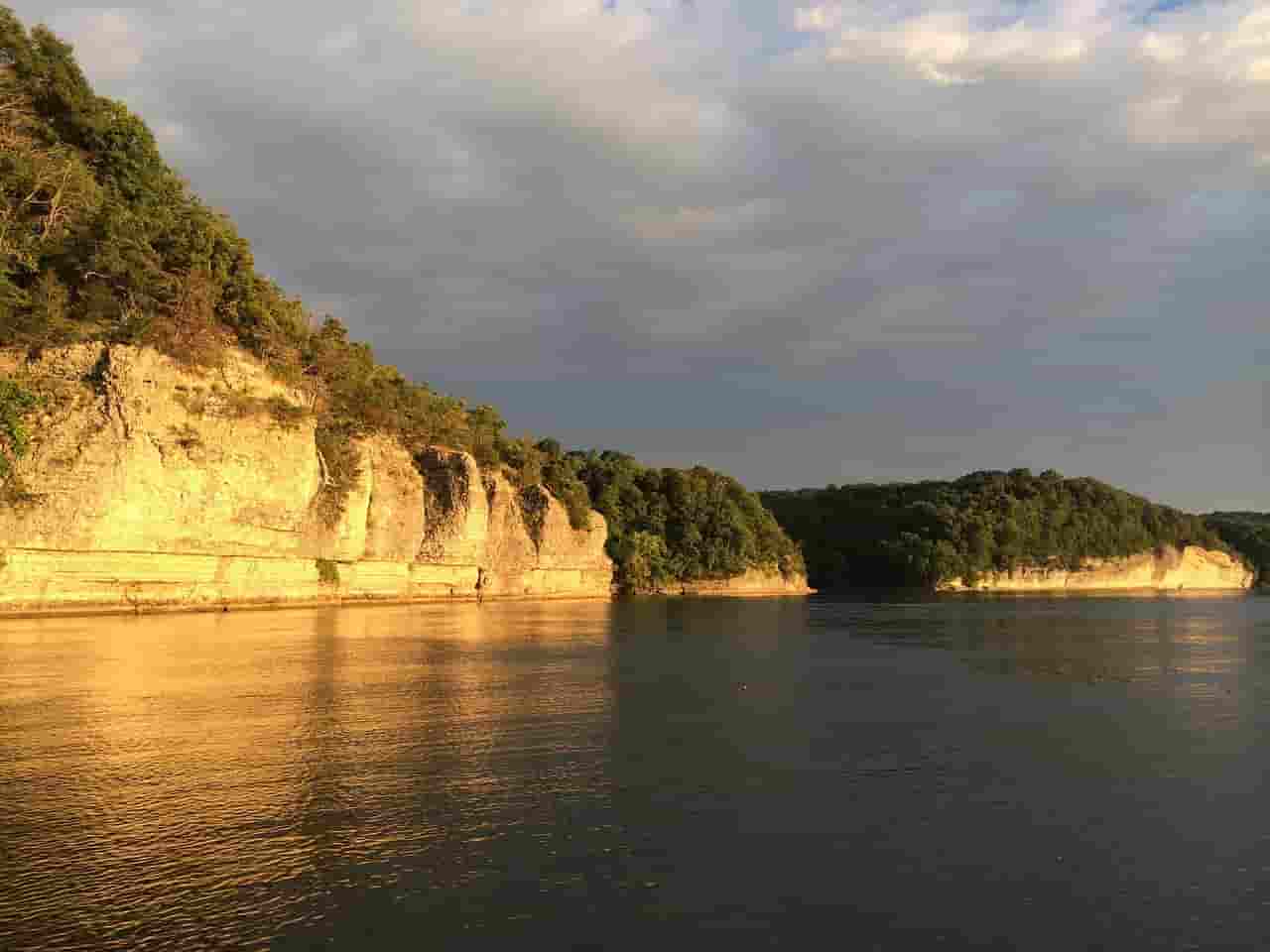 Oklahoma Oklahoma is well known for its rich Native American history. It is home to 39 tribes. The state is also famous for its beautiful country music. The state is in the Great Plains area and has a lot going for it from a survival standpoint and homesteading. - Affordable Land: Diverse geography. Good affordable land, get even better prices when buying larger plots.
- Moderate Climate: It has a moderate climate with a mix of warm summers and relatively mild winters, conducive to a variety of crops year-round. But need to watch out for the tornadoes.
- Abundant Water Resources: Generally available with lakes, rivers, and aquifers. But droughts can occur.
- Rich Soil: Fertile soil in many areas, particularly in the central and eastern parts of the state.
- Homesteader-Friendly Regulations: Homesteader-friendly regulations.
- Educational Resources: Good agricultural programs provided by institutions such as Oklahoma State University.
- Community Support: Rural communities are well known for hospitality. Sharing resources is common. Plenty of preppers around.
- Access to Outdoor Recreation: Nice outdoor recreation opportunities, including hiking, fishing, and camping.
- Low Population Density: Very low population density, especially in rural areas.
- Natural Advantages: Varied terrain and rural living opportunities.
- Defensibility: Some areas may offer natural defenses.
- Safety: Rural areas may have lower crime rates
***
Table of Contents
***
Kentucky
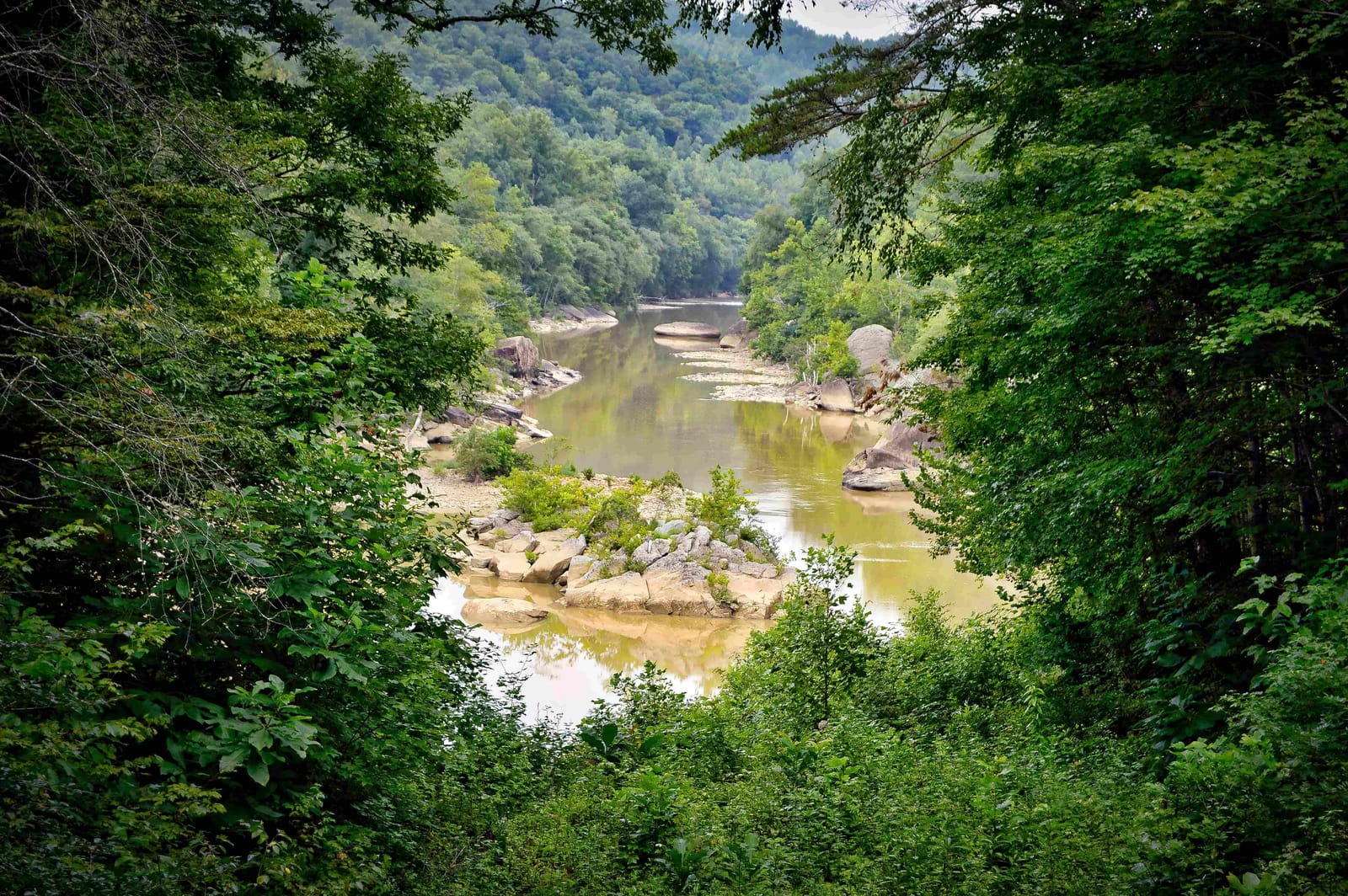 Kentucky Kentucky is situated in advantageous location. It is west of the Appalachian chain of mountains which is a natural barrier from refugee flows coming from the east in an event of a crisis. So you can strategically avoid the highway traffic heading westward. It has 13 distinct geographic regions. The very rugged terrain of Daniel Boone National Forest is excellent for preppers. Try to avoid the low lying areas south of the Ohio River which are wetlands, poorly drained, and difficult to grow crops there. Good drainage land is fertile and productive. Land near the the horse farms are a little expensive. There are lots of heavy forested land south of Louisville. Try to get farmland backed up to these forested areas because then you get both farm and forested privacy. Appalachians weather is often cloudy and rainy. - Affordable Land: Generally offers affordable land. Reasonable cost of living.
- Fertile Soil: Well known for its fertile soil, particularly in the Bluegrass Region.
- Moderate Climate: Moderate climate with four distinct seasons, excellent for a variety of crops and year-round gardening.
- Abundant Water Resources: Numerous rivers, lakes, and reservoirs, providing access to water resources for irrigation, livestock, and self-sufficiency. Water quality may vary depending where you are at.
- Homesteader-Friendly Regulations: Homesteader-friendly regulations, with rural areas having more lenient zoning laws.
- Educational Resources: Good agricultural programs provided by institutions such as the University of Kentucky.
- Rich Agricultural Tradition: Strong agricultural tradition, and many areas in the state are well-suited for farming and homesteading practices.
- Community Support: Many rural areas have strong sense of community and hospitality. A culture of prepper self-sufficiency exists.
- Low Population Density: Very low population density, especially in rural areas.
- Natural Advantages: Varied terrain and rural living opportunities.
- Defensibility: Some areas may offer natural defenses.
- Safety: Rural areas may have lower crime rates.
***
Table of Contents
***
Nebraska
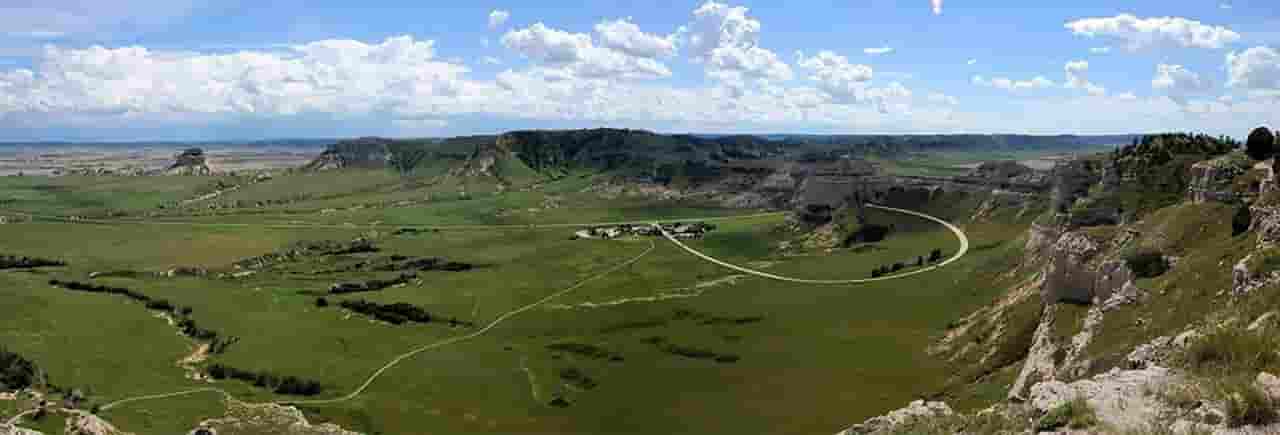 Nebraska Nebraska is based in the Midwest and has bountiful farmlands. Close to half of the residents are trying to prepare for doomsday. They are a resilient state with an eye for preparation. - Affordable Land: Land is very affordable.
- Fertile Soil: Nebraska is part of the Great Plains and is known for its fertile soil, particularly in the eastern and central parts of the state.
- Moderate Climate: Four distinct seasons. While winters can be cold, the state's climate is generally conducive to a variety of crops.
- Abundant Water Resources: The state has several rivers, including the Platte and Missouri Rivers, as well as numerous lakes and aquifers. But water management is essential
- Homesteader-Friendly Regulations: Known to have homesteader-friendly regulations.
- Educational Resources: Good training agricultural topics by institutions such as the University of Nebraska-Lincoln.
- Community Support: Many rural communities have sense of community and hospitality. Prepper communities scattered all over the place.
- Low Population Density: Very low population density, especially in rural areas.
- Access to Outdoor Recreation: Hiking, fishing, and camping. Active outdoor lifestyles.
- Natural Advantages: Varied terrain and rural living opportunities.
- Defensibility: Some areas may offer natural defenses.
- Safety: Rural areas may have lower crime rates.
***
Table of Contents
***
West Virginia
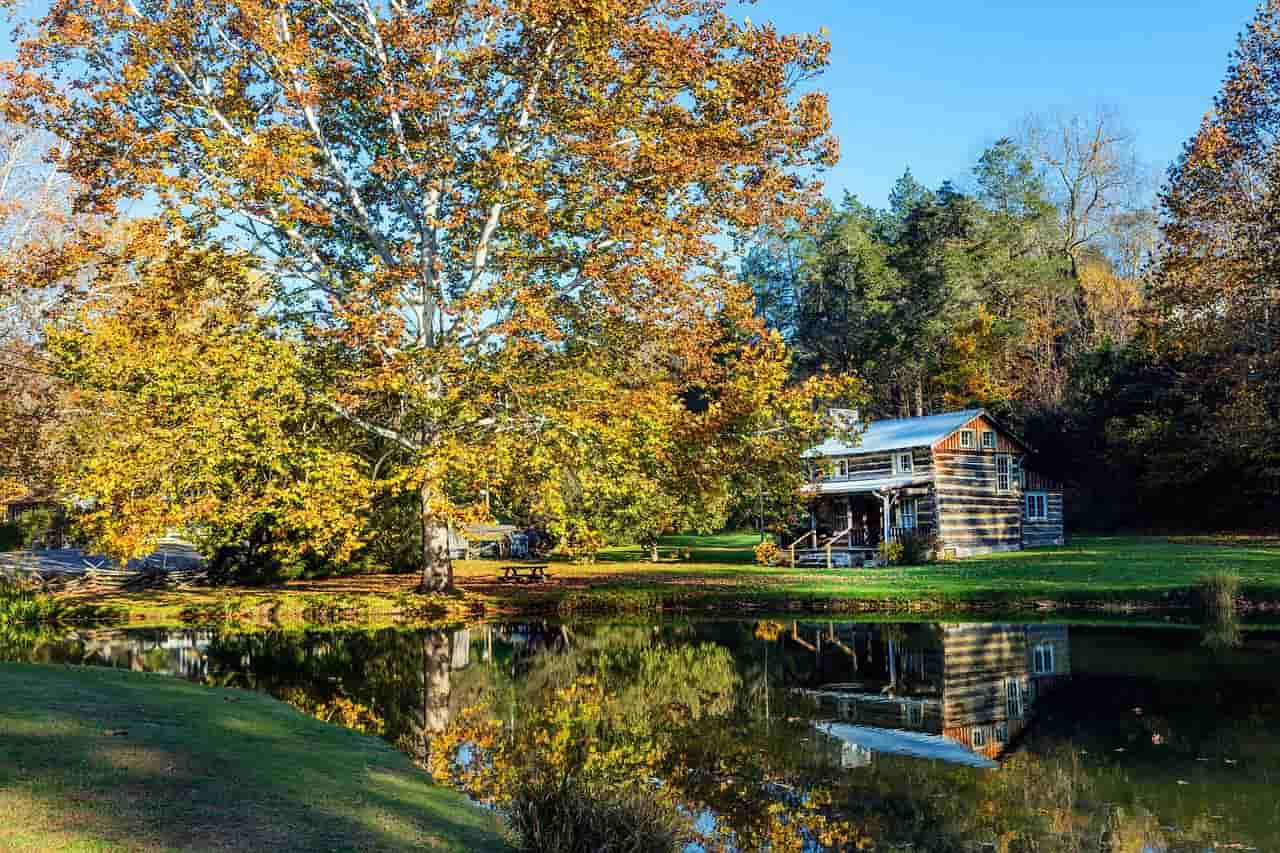 West Virginia People call West Virginia the “Mountain State” for a good reason. It is in the remote, rugged Appalachian mountains. It is a haven for preppers and perfect for homesteading. Mountainous region is sparsely populated and borders five states, Maryland, Kentucky, Pennsylvania, Virginia, and Ohio. The state has expansive forests like the Monongahela and there is very active hunting and fishing along the Elk, Ohio, and Potomac rivers. Despite its natural beauty, it is one of the 10 poorest states in the US. - Affordable Land: Very affordable land that is heavily accessible to homesteading. Reasonable cost of living.
- Rich Natural Beauty: West Virginia is known for its scenic landscapes, including mountains, forests, and rivers. The state's natural beauty provides an attractive setting for those looking to establish a homestead.
- Moderate Climate: Moderate climate with four distinct seasons, conducive to a variety of crops. Year-round growing and gardening is a routine thing. Despite the mountainous terrain, the state climate is a humid subtropical, not as cold other mountain areas. And the summers are moderate and not too hot. Because of temperatures like this, West Virginia is extremely livable with little energy consumption.
- Abundant Water Resources: Numerous rivers, including the Ohio and Potomac Rivers, as well as lakes and streams.
- Homesteader-Friendly Regulations: Homesteader-friendly regulations.
- Low Population Density: Low population density, especially in rural areas. This can contribute to a sense of solitude and provide ample space for homesteaders who value privacy.
- Community Support: Strong sense of community and hospitality. Lots of survivalists around.
- Access to Outdoor Recreation: Many outdoor recreation opportunities, including hiking, fishing, and camping. The state's rugged terrain provides opportunities for those who value an active outdoor lifestyle.
- Agricultural Tradition: West Virginia has a history of small-scale farming and agriculture. This cultural background can create a supportive environment for individuals pursuing a self-sufficient lifestyle
- Natural Advantages: Varied terrain and rural living opportunities.
- Defensibility: Some areas may offer natural defenses.
- Safety: Rural areas may have lower crime rates.
***
Table of Contents
***
New Mexico
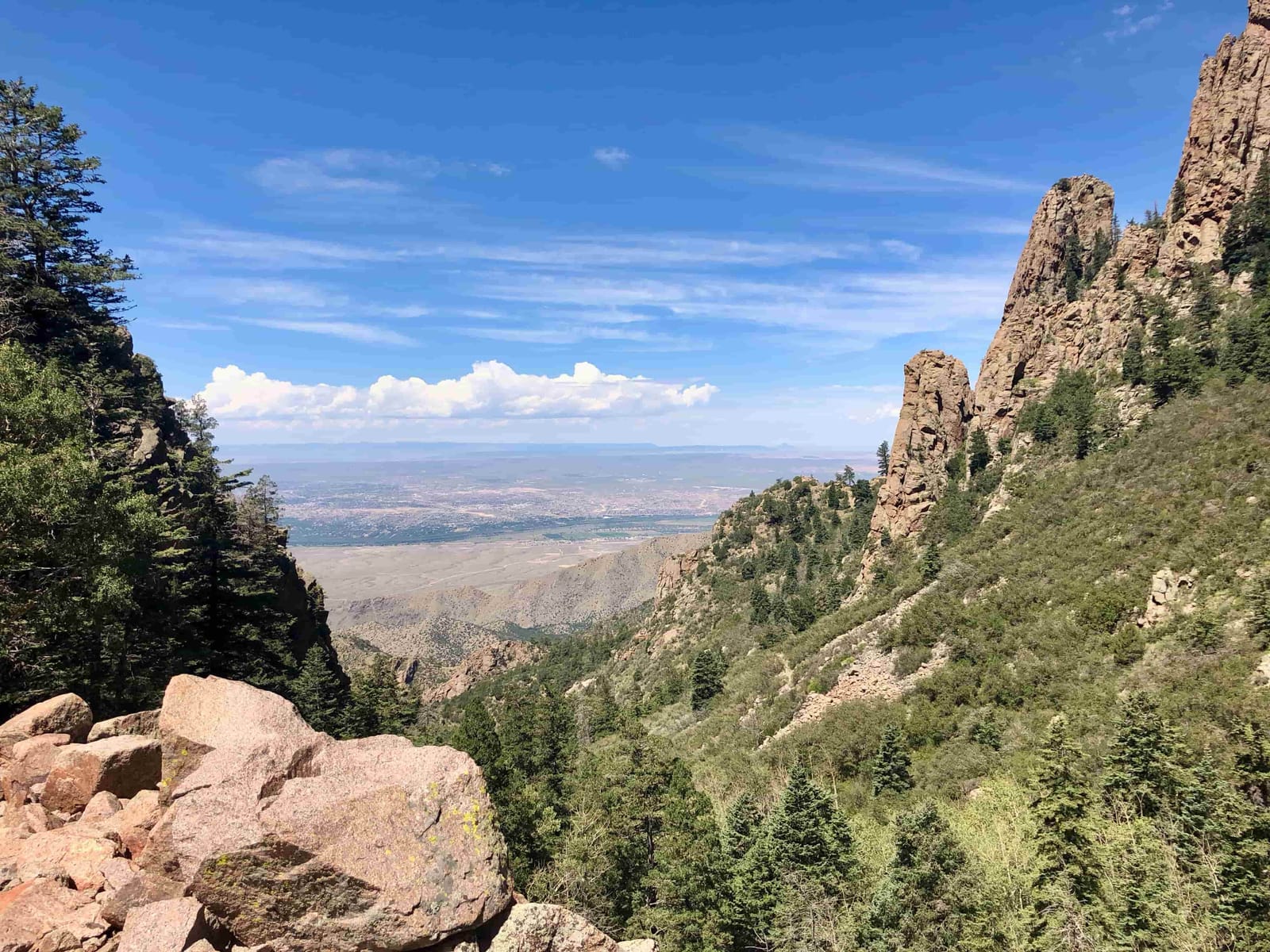 New Mexico New Mexico, especially in the northern parts, makes it easy to start and maintain a prepper lifestyle. Low population density and adverse terrain make it hard for the bad guys to reach you. Water is not quite as available as in other states so careful conservation is called for. The northern parts have more water available than areas such as Albuquerque and Santa Fe. Areas like Las Vegas, farming is sparse because of the water issues. Look for places like Jemez mountains that have a rich source of wildlife including deer, whitetail, wild horses, rabbits. - Diverse Geography: Diverse landscapes, including mountains, deserts, and high plains.
- Abundant Sunshine: Abundant sunshine, providing a favorable environment for solar energy and enabling extended growing seasons for crops.
- Moderate Climate: Range of climates, including mountainous regions with cooler temperatures. This diversity allows for a variety of crops and agricultural activities.
- Affordable Land: New Mexico generally offers affordable land, making it accessible for individuals interested in homesteading.
- Homesteader-Friendly Regulations: Homesteader-friendly regulations, with rural areas having more lenient zoning laws.
- Cultural Diversity: Rich history of agriculture and traditional farming practices.
- Low Population Density: Relatively low population density, especially in rural areas.
- Access to Water Resources: Water scarcity can be a concern. While water availability can vary, some areas of New Mexico have access to rivers, lakes, and aquifers. Efficient water management and conservation practices are essential.
- Community Support: Many rural communities in New Mexico are known to be prepper and homesteader friendly. Some areas have a prepper-friendly atmosphere.
- Access to Outdoor Recreation: Offers outdoor recreation opportunities, including hiking, camping, and skiing.
- Natural Advantages: Mountains and wilderness.
- Defensibility: Varied terrain may provide natural defenses.
- Safety: Low population density may contribute to safety.
***
Table of Contents
***
Alabama
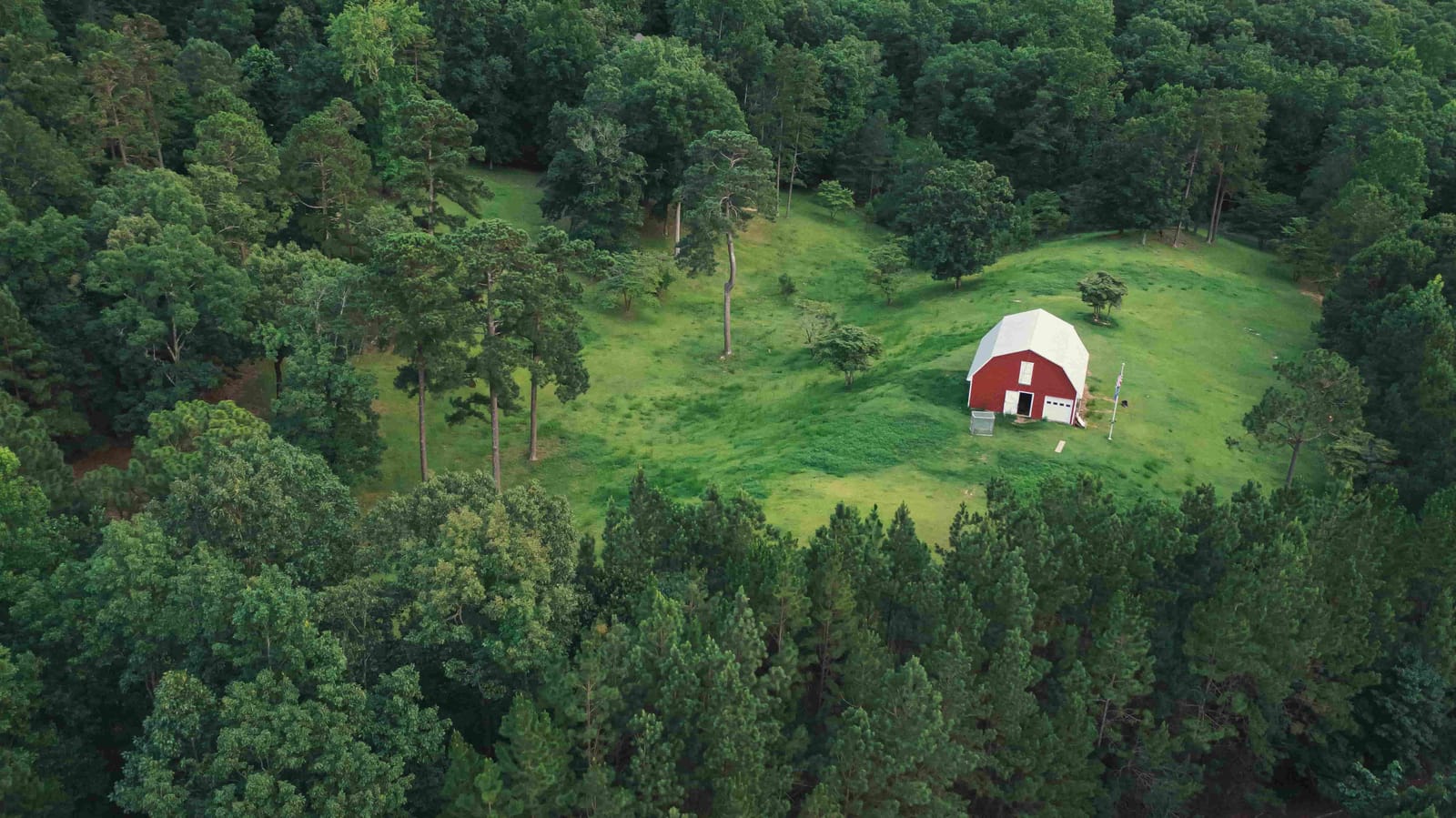 Alabama Alabama is rich with southern hospitality and one of the most biologically diverse areas in the country. The agriculture industry thrives here. - Affordable Land: Affordable land and larger plots are available at a attractive prices.
- Fertile Soil: Known for its fertile soil, especially in the Black Belt region which in the middle of the state where the soil is dark and calcareous, resulting in rich growing agriculture.
- Moderate Climate: Moderate climate with a long growing season, conducive to a variety of crops.
- Abundant Water Resources: Numerous rivers, including the Tennessee and Alabama Rivers, as well as lakes and reservoirs. But hurricanes and tornadoes can be an issue.
- Homesteader-Friendly Regulations: Regulations here are very friendly to homesteader.
- Educational Resources: institutions such as Auburn University offer excellent agricultural training.
- Community Support: Many rural communities are known for their strong sense of community and hospitality. Self-sufficient prepper communities populate the area.
- Access to Outdoor Recreation: Plenty of outdoor recreation opportunities, including hunting, fishing, and hiking. Diverse landscapes accommodate active outdoor lifestyles.
- Cultural Heritage: Has a rich cultural heritage on agriculture and farming.
- Low Population Density: Alabama has a relatively low population density, especially in rural areas. Some areas can feel isolated which can be good for those thinking privacy.
- Natural Advantages: Varied terrain and rural living opportunities.
- Defensibility: Some areas may offer natural defenses.
- Safety: Rural areas may have lower crime rates.
***
Table of Contents
***
Conclusion
In conclusion, when you are looking to insulate yourself from external uncertainties and alternatives from urban living then the appeal of homesteading becomes evident. Identifying the best states for homesteading involves considering a range of factors, from legal considerations to geographic and climatic conditions. Survivalist and prepper communities, can provide a sense of community and shared resources. Homesteading goes beyond the mere act of growing food. It encompasses a holistic approach to living, one that embraces self-sufficiency, preparedness, and a deep connection to the land.
***
Table of Contents
***
What Else? Is Your Preparation Missing Anything?
Check out below additional things you might need.
Get Binoculars, Tactical Rifle Scopes, Rangefinders, Red Dot Sights
When looking for the best scopes and best optic equipment whether for binoculars, rifle scopes, rangefinders, and red dot sights, look no further than the top of the line Steiner brand. Here you are talking about quality on steroids. Steiner specializes in crafting the highest quality glass for binoculars, such as in their Marine and Predator series, they employ that same quality in their rifle scopes and red dot sights. Nothing escapes the eyes of a Steiner, as they say, with special optical coatings and pristine-quality glass that produce the clearest images possible. And OpticsPlanet is the best place to buy it. Use the below banner and save up to 45% on Steiner products.
 ***
Table of Contents
***
***
Table of Contents
***
Get The Conceal Gun Holster That Allows You To Fast Draw
When you need your gun fast, and we mean real fast then look no further than the comfortable conceal carry Urban Carry Holsters, fastest draw in the business. Even Clint would be impressed.
 ***
Table of Contents
***
***
Table of Contents
***
Get Bullet Proof Military-Grade Sunglasses
Do you have a gun? How about checking out our other article on how military-grade sunglasses can protect your eyes from even bullets. See the below articles:
***
Table of Contents
***
Get Long Term Food Storage For Emergency
Are you a prepper? What about long term food storage in case of an emergency? If interested then you should read about the freeze dried food supplier that left the competition in the dust.
***
Table of Contents
***
Get More Field-Tested Gear You Need To Survive It All
Are you still short on all the survival equipment you are trying to get? Are you really ready?
Well, we may have a solution for you, in a huge CRATE.
The most badass subscription box on earth.
Get field-tested gear you need to survive it all.  ***
Table of Contents
***
***
Table of Contents
***
Get A Bunker In Case There Is A Nuclear Event
If there is an extinction event upon us, where are you going to go? Get a bunker. See below from Vivos.  ***
Table of Contents
***
***
Table of Contents
***
Get A 21-in-1 Survival Tactical Watch
Get a watch that is:
- Military Grade, Shockproof, and with 21 Tools in it
- 24 Month Battery Life Without Charging
- Tools include - Compass, T-Shape Knife, Firestarter, Thermometer, LED Light, Whistle, Paracord, Scraper, Wrench, Saw, Screwdriver, and more.  ***
Table of Contents
***
***
Table of Contents
***
|

